La Ville Noire
Charleroi, La Ville Noire (The Black City), a small town close to Bruxelles, symbolizes by itself the whole of Europe. The collapse of the industrial manufacturing, the rising unemployment, the increasing immigration, the outbreak of micro-criminality. The regression of the social welfare, the lack of a shared identity. This feature is a journey to the roots of my family, which moved from Italy to the district of Charleroi in 1956 to work in the steel industry.
Two generations have already succeeded in the promised land and, in the meantime, everything has changed. At this crossroad many populations united under the same roof of working opportunities were left without anything to share, as work vanished. Today social unease combines with the lives of the citizens. The roads, once blooming and neat, appear today desolated and abandoned, industries are closing down and spontaneous vegetation eats the old industrial districts. The same thing in a broader scale is happening in Europe.
This project invites people to gaze into the very heart of Europe, unlike most stories of this genre which tend to be focused on the margins of Europe. Does it make any sense to stay together when the initial mission has almost failed? Will it be possible to have another chance? This is the question for Europe, this is the question for the dark heart of Europe. I'm a son of this culture I investigated, and what pushed me to tell this story was an investigation on my own identity. My family moved from Italy to the district of Charleroi in 1956 to work in the coal industry. Half of my family still lives there, which is why I was granted such privileged and immediate access into the world I have captured in my photographs.
The idea of the project was born a few years ago. My desire was to tell through this vicinity, through this relationship with these places and people, this irritating, thorny theme. Our story is tied up with the European Community, with the political and social arguments that the introduction of the Union implied in our lives, dreams and ambitions.
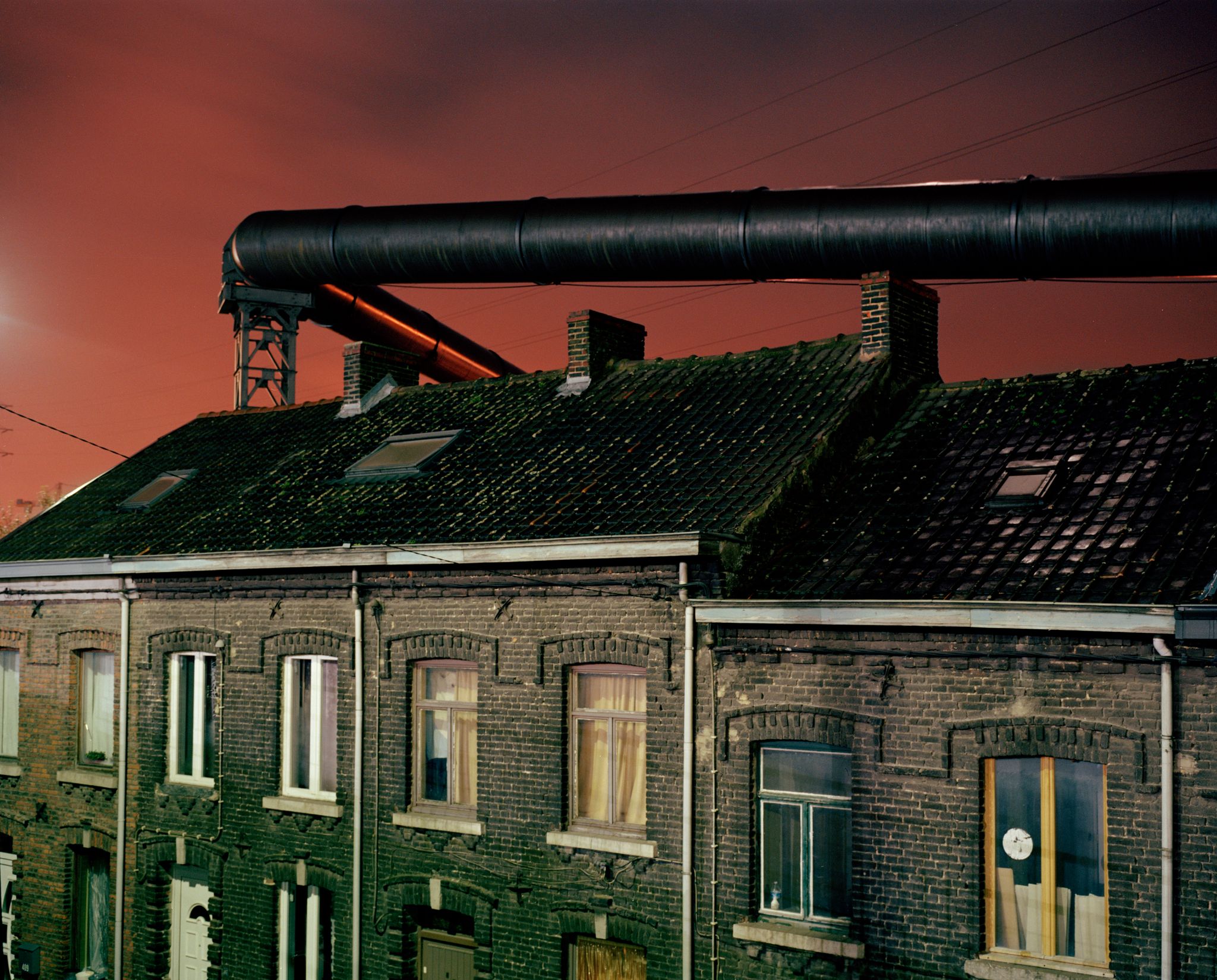
The gas supply tubes run along the houses built near the steel factories of Charleroi.
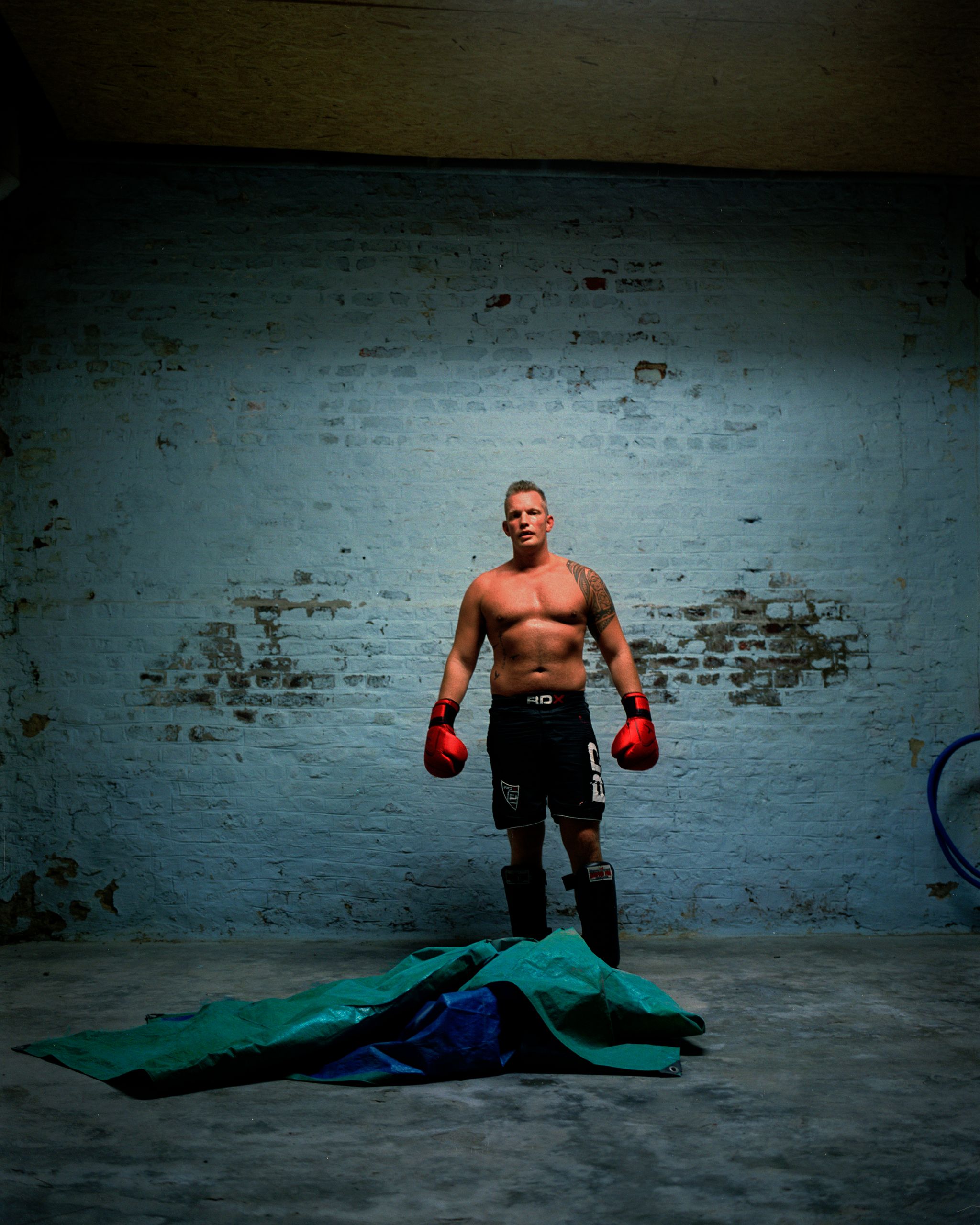
In this gym many youngsters practise kick boxing.
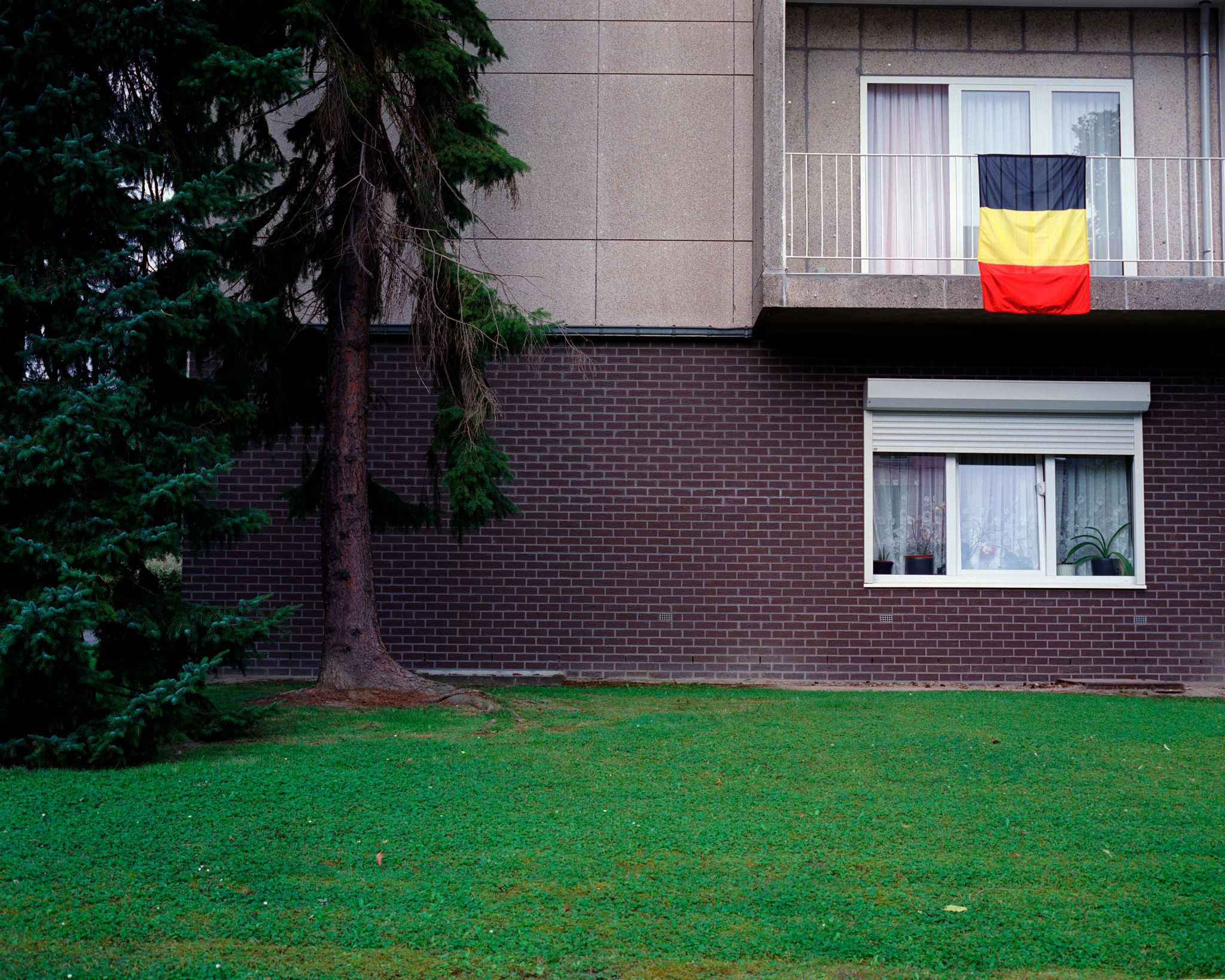
Belgium reached the quarter-finals of the last World Cup.
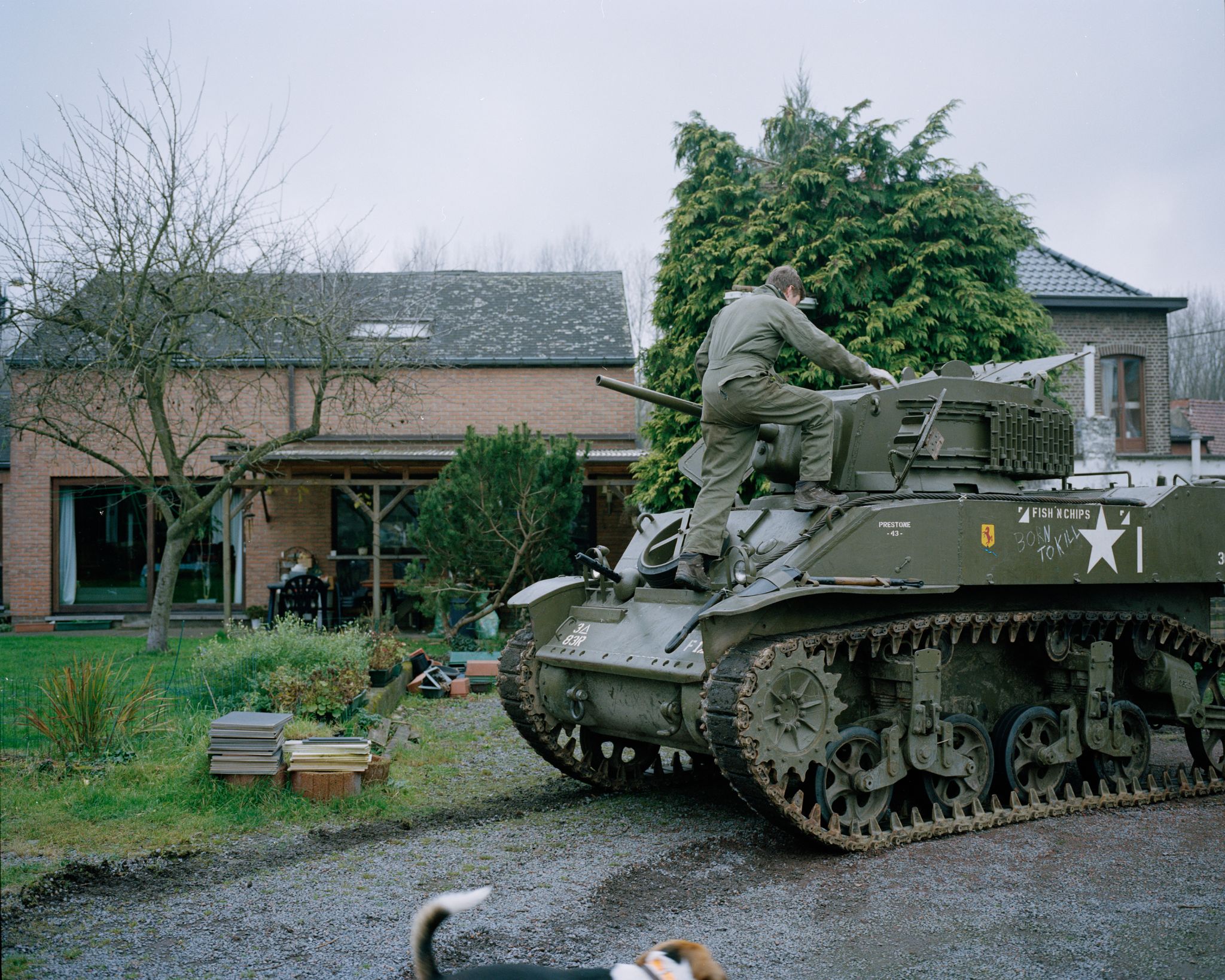
Mr Etienne and his son have a Second World War armored tank in their garden near Mons.
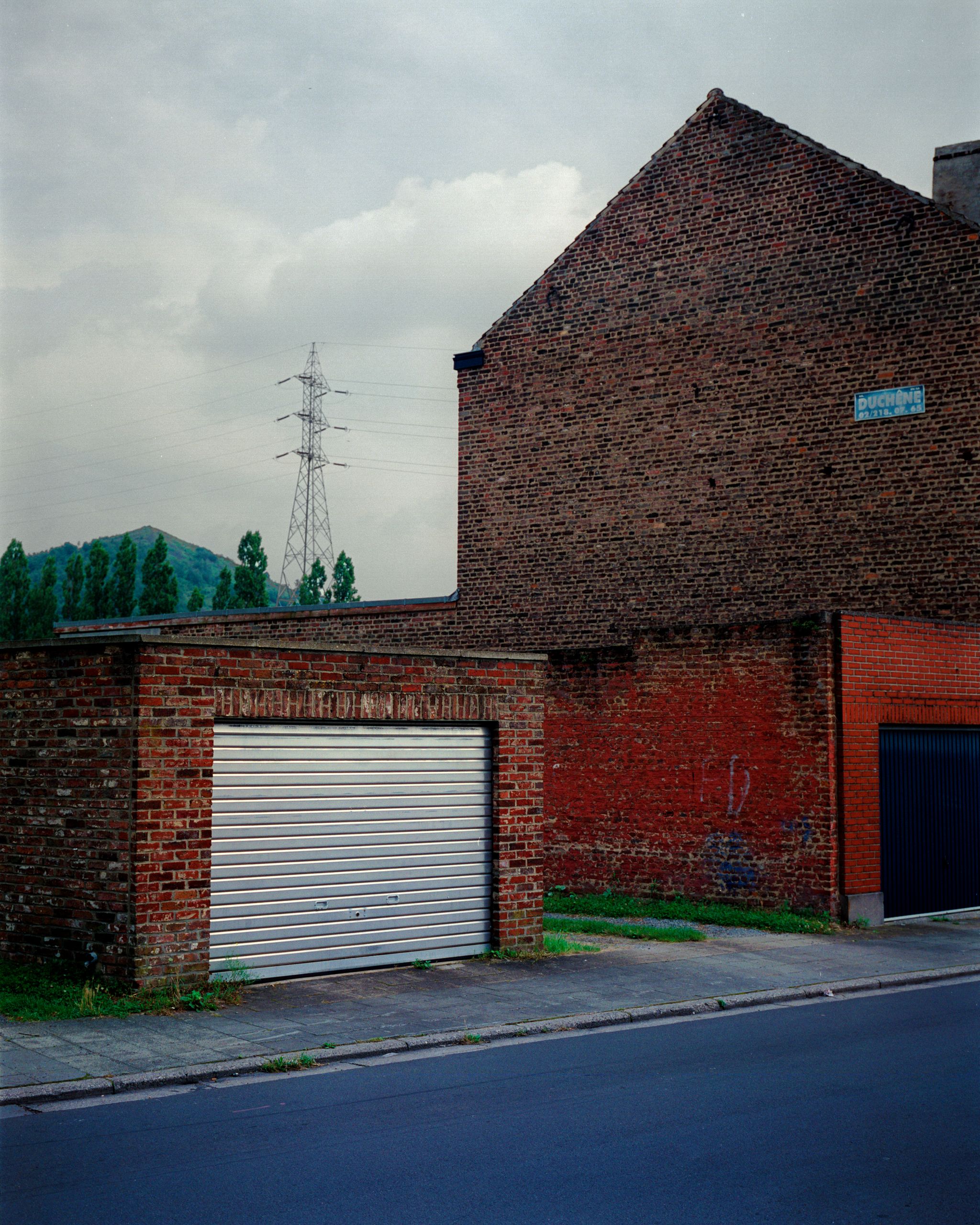
A typical skyline in Montignies-sur-Sambre.
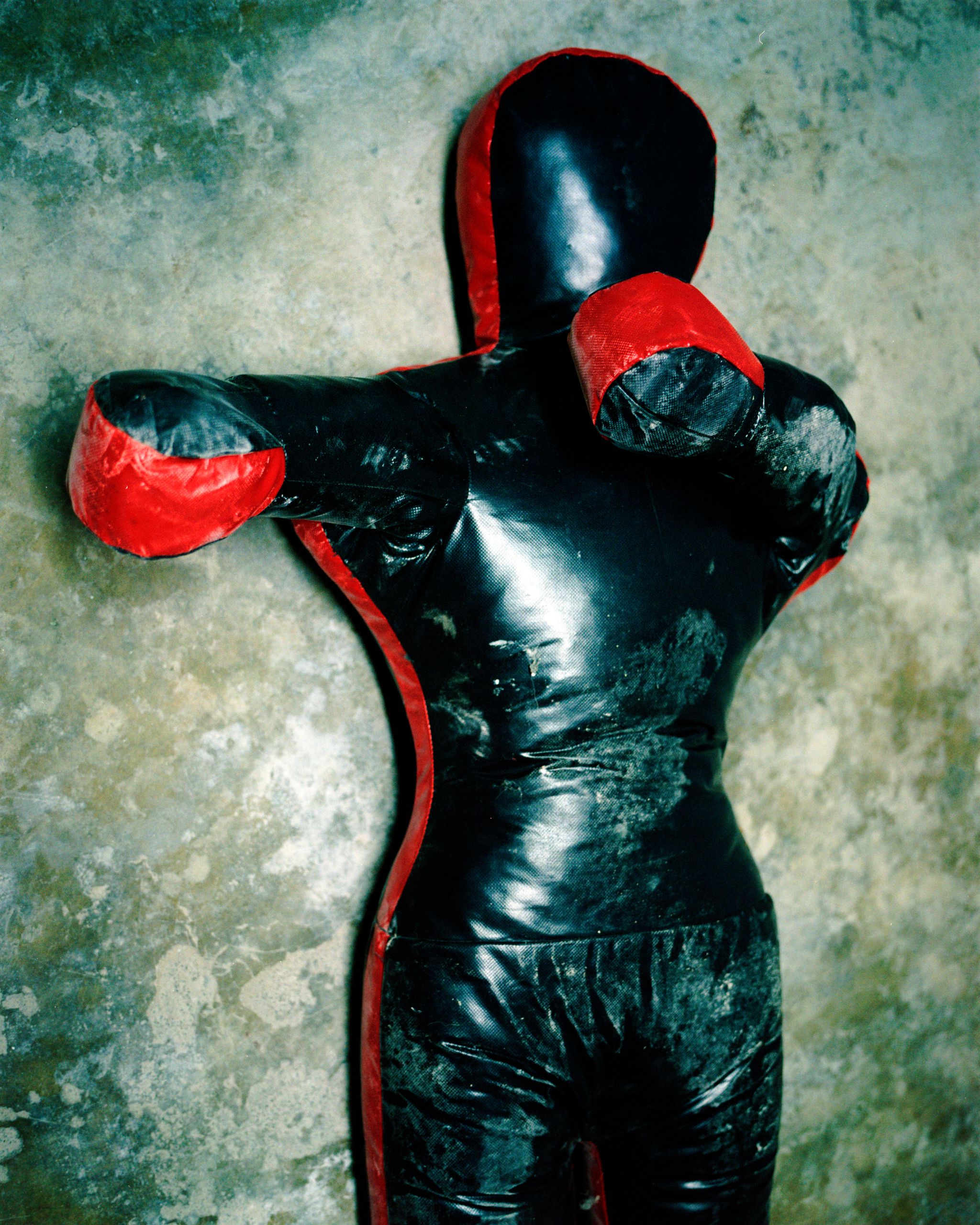
A dummy for kickbox training.
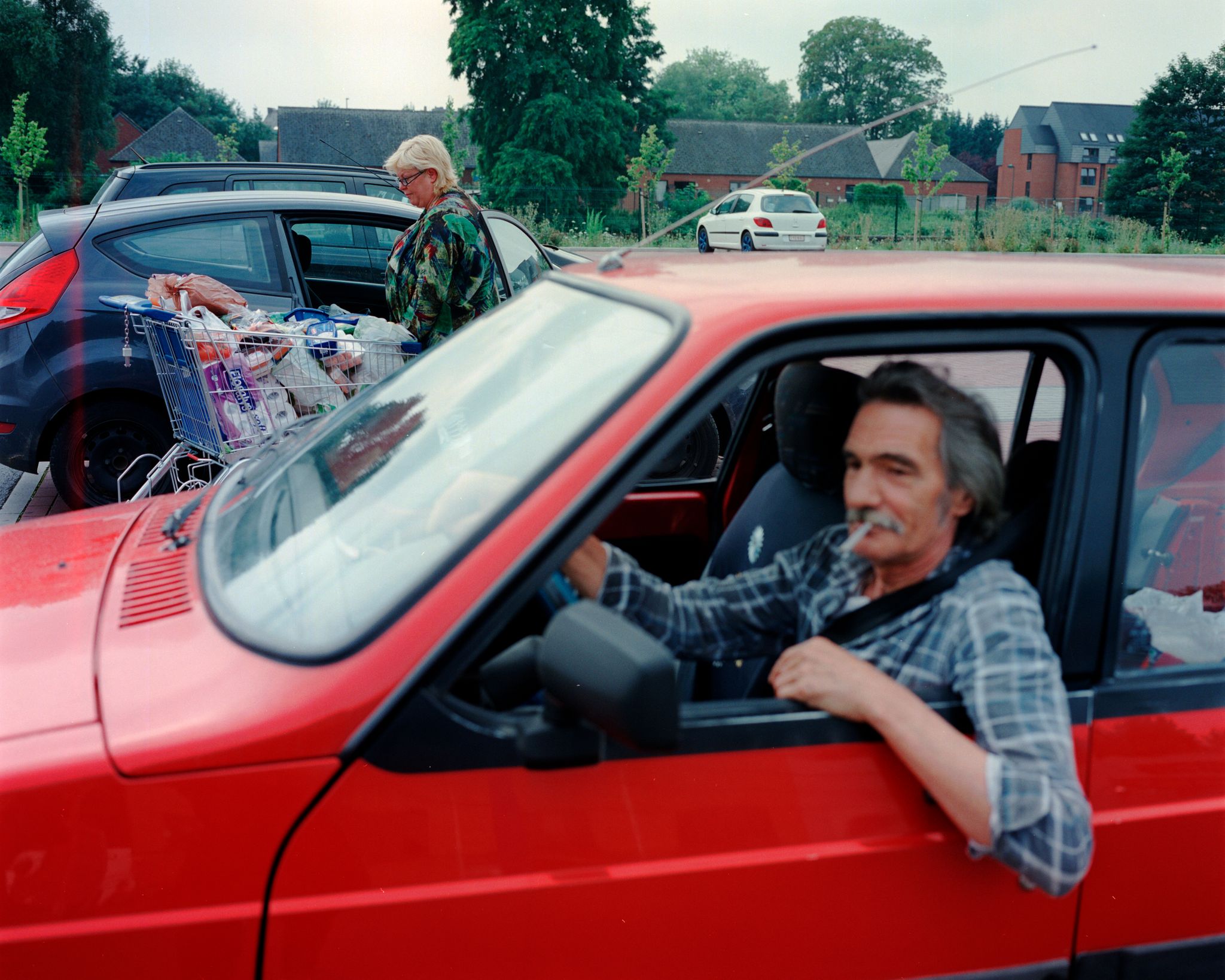
A man waiting fot his wife outside the supermarket.
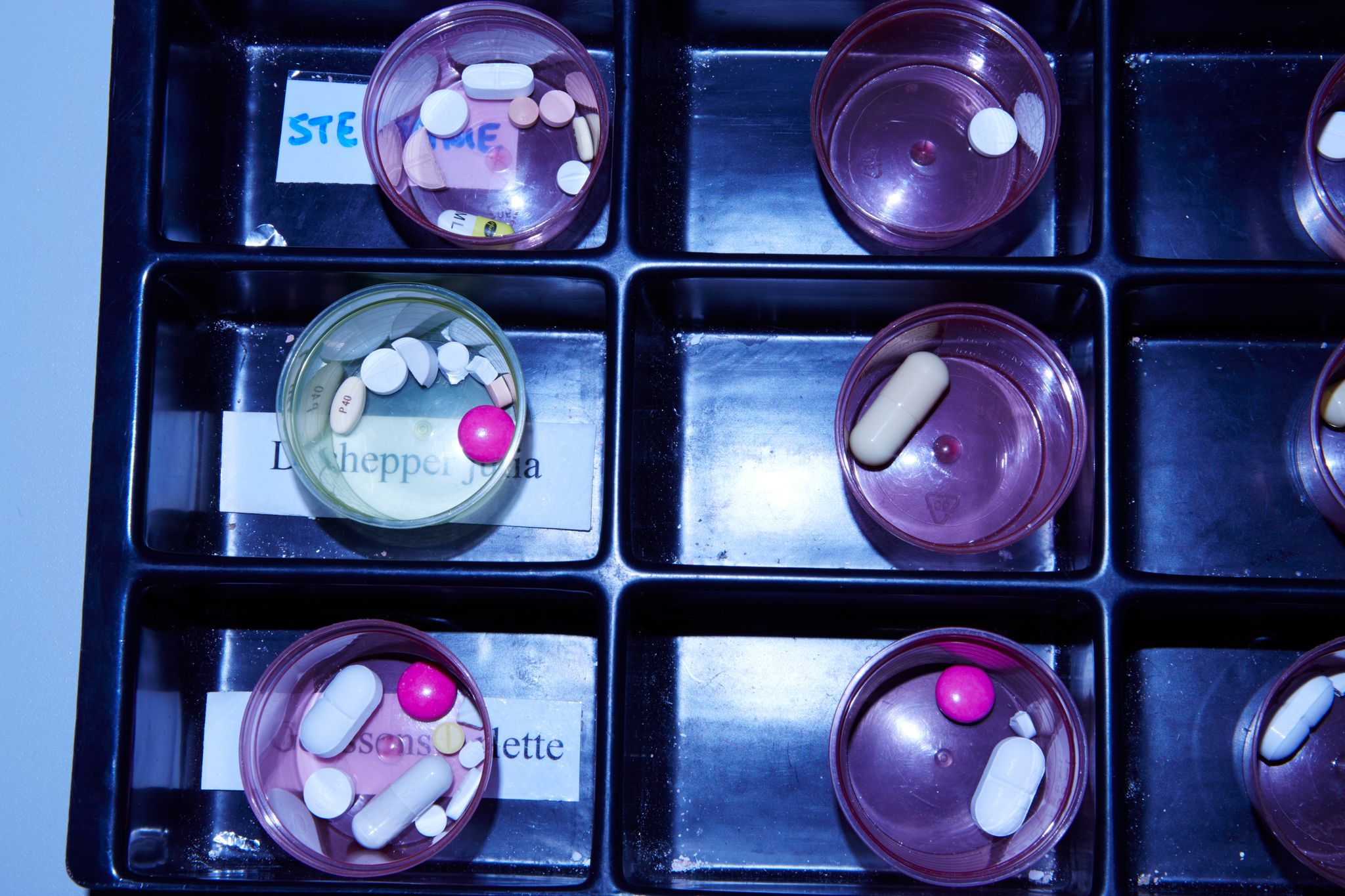
The daily rations of drugs for the asylum's patients.
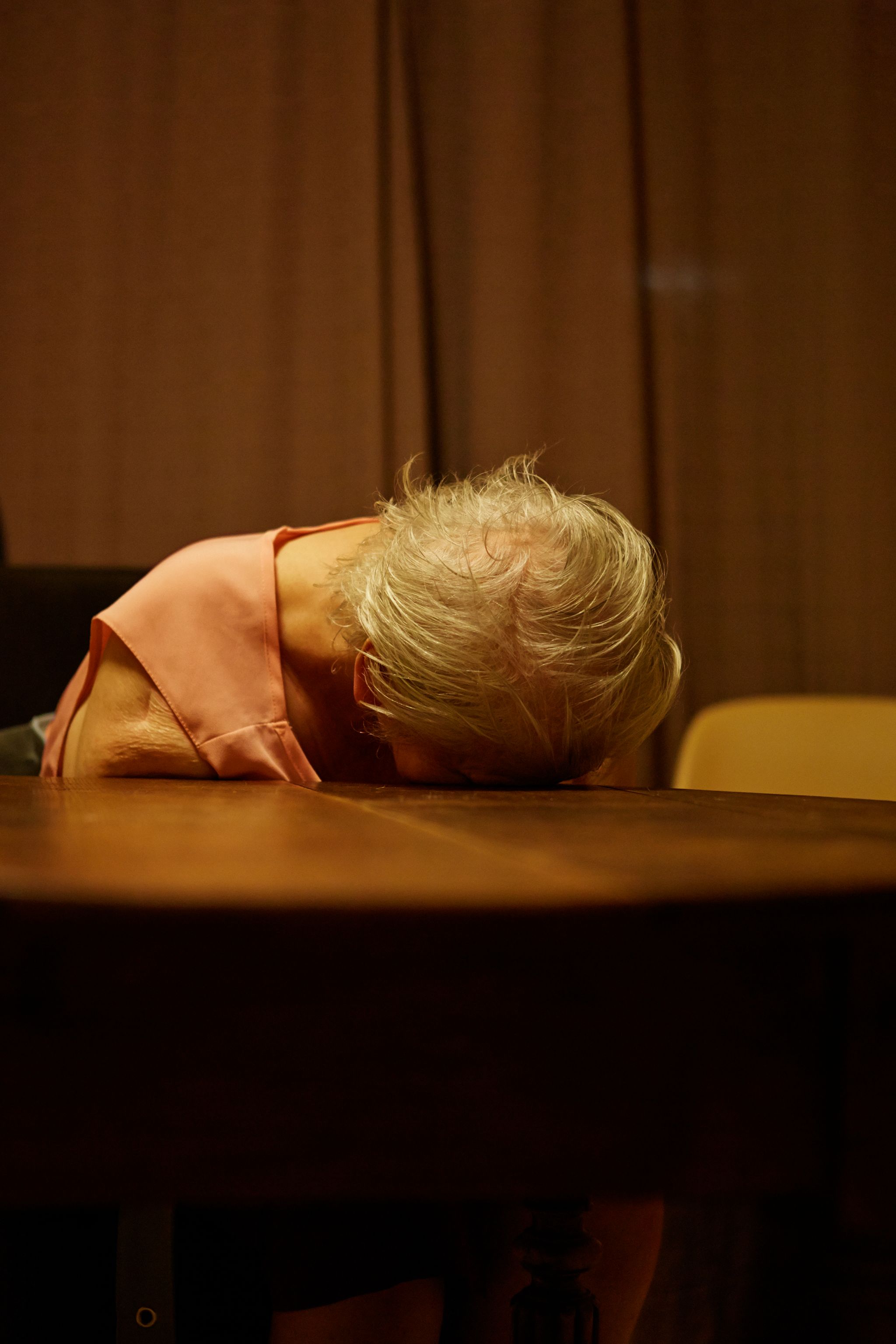
A woman in a psychiatric asylum and elderly home.
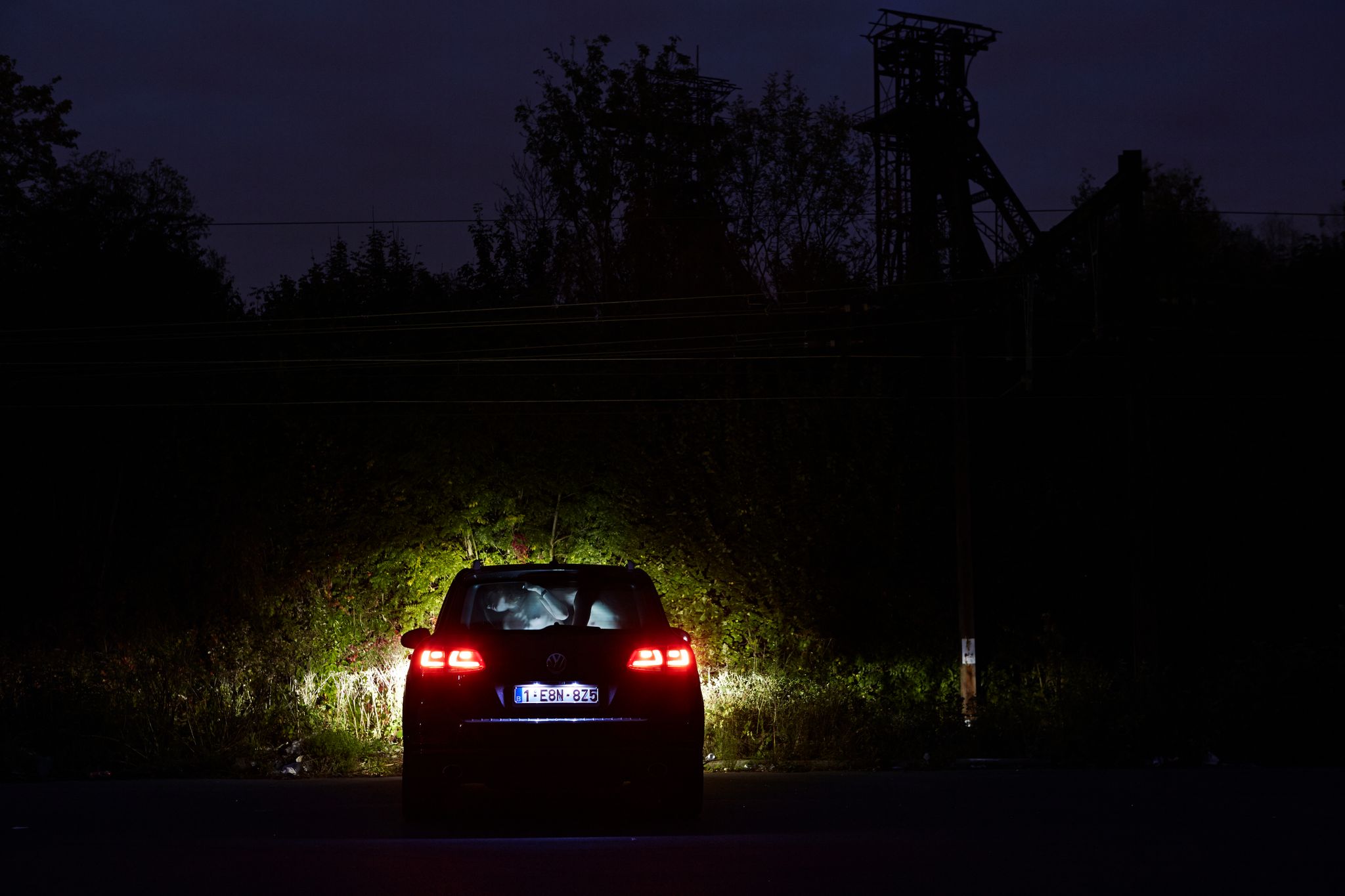
My cousin agreed to be photographed while having sex with a girl in his friend’s car.
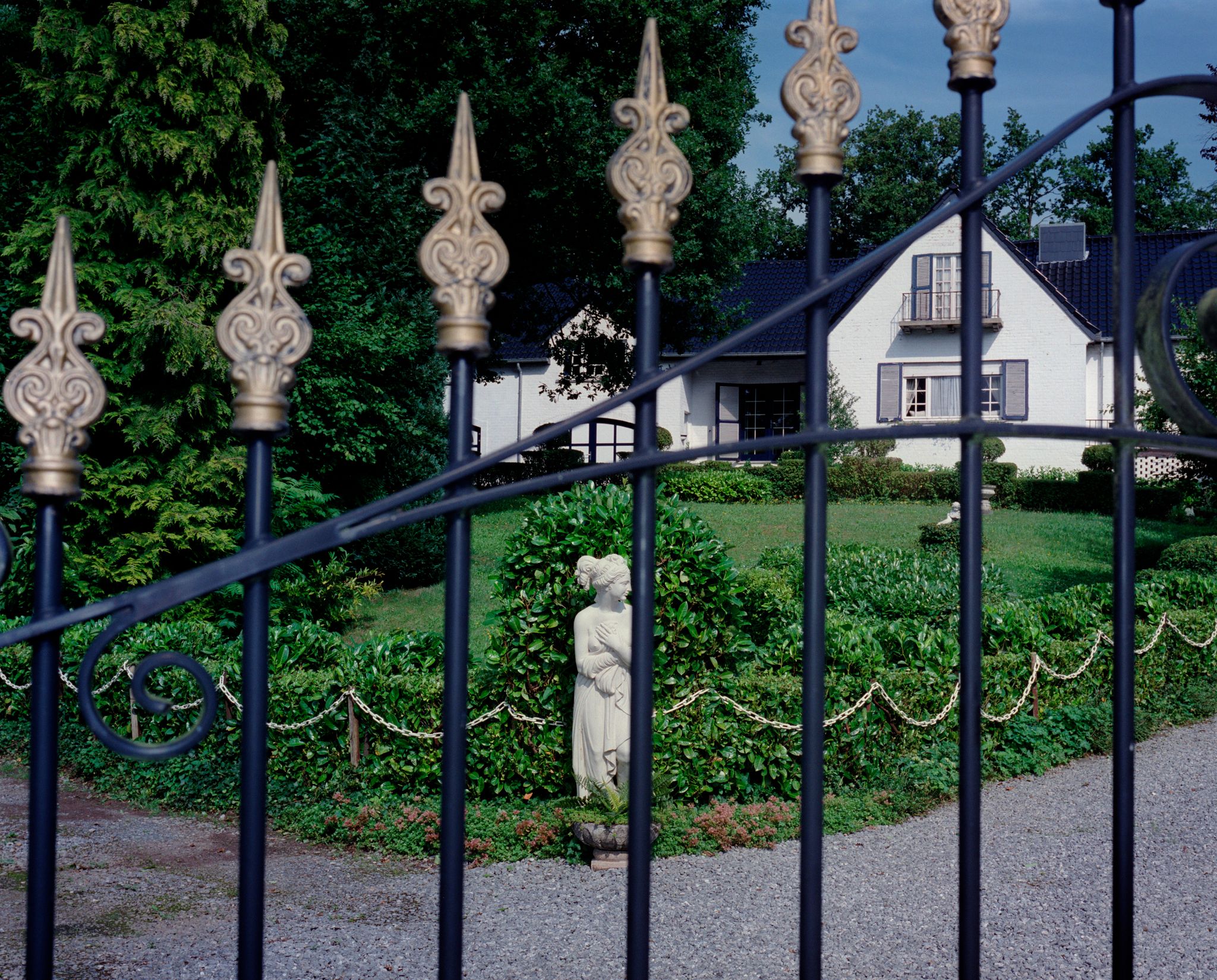
Montigny-le-Tilleul, one of the richest neighborhoods of Charleroi.
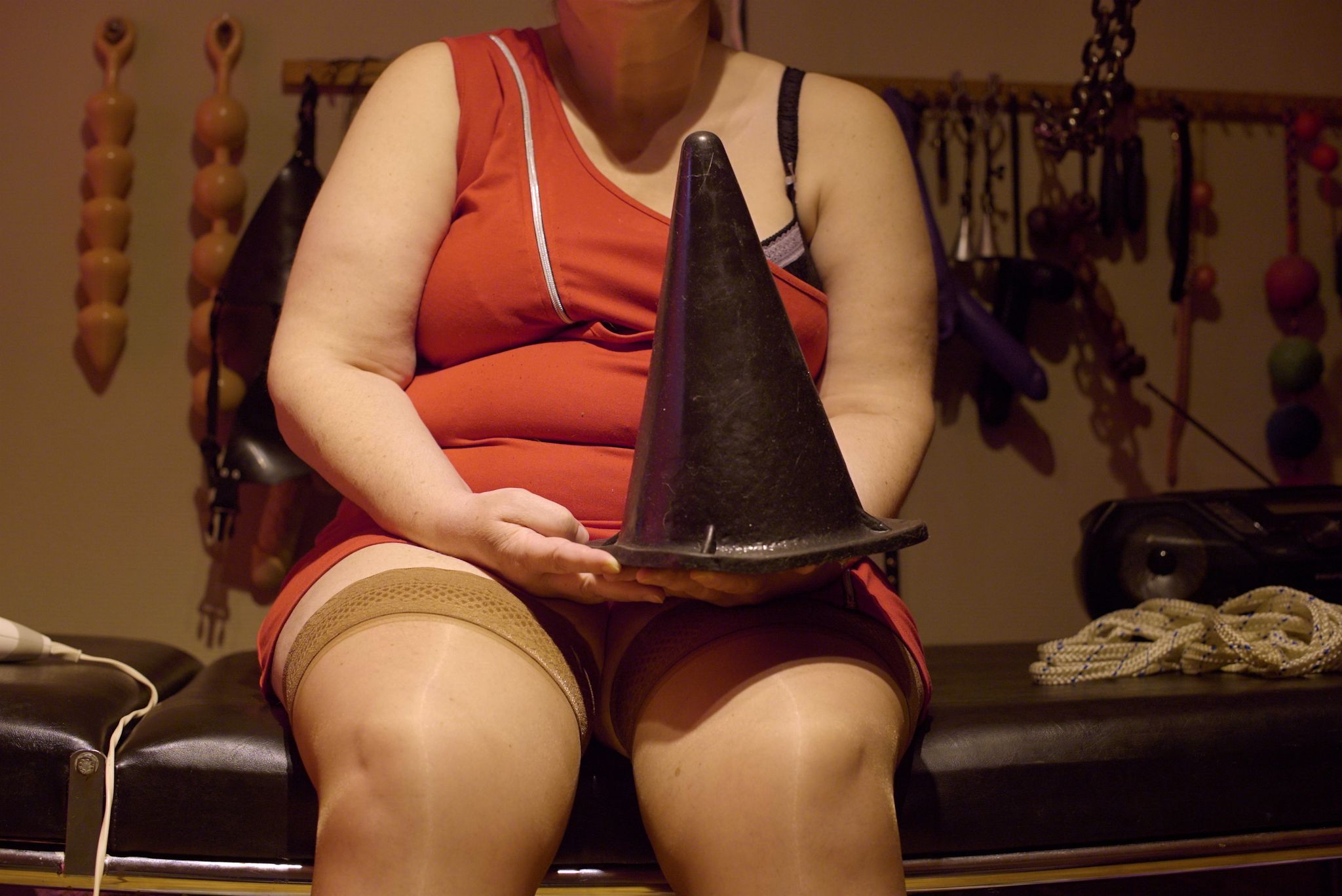
This woman sodomizes men in her apartment.
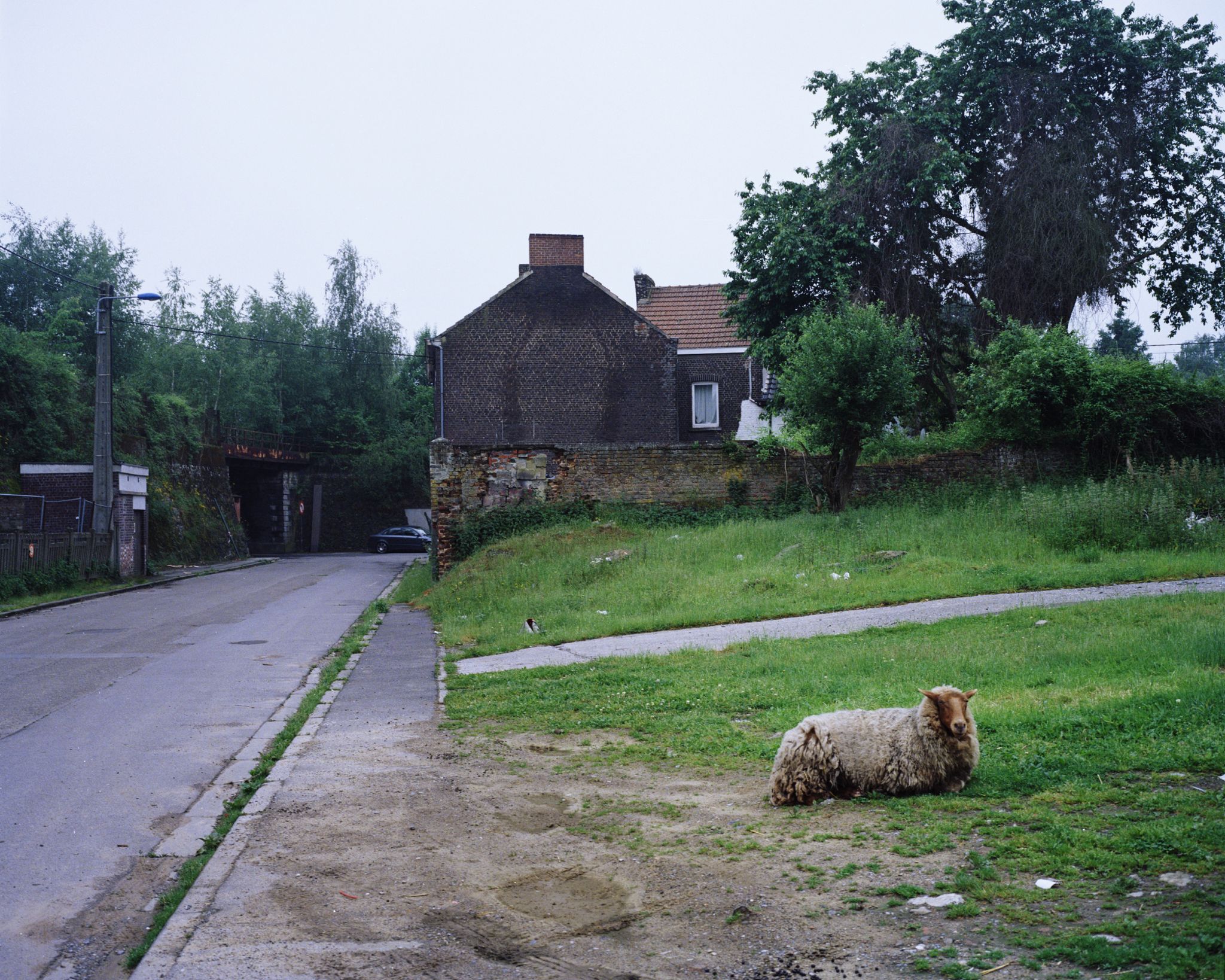
Urban landscape in Marchienne au Pont.
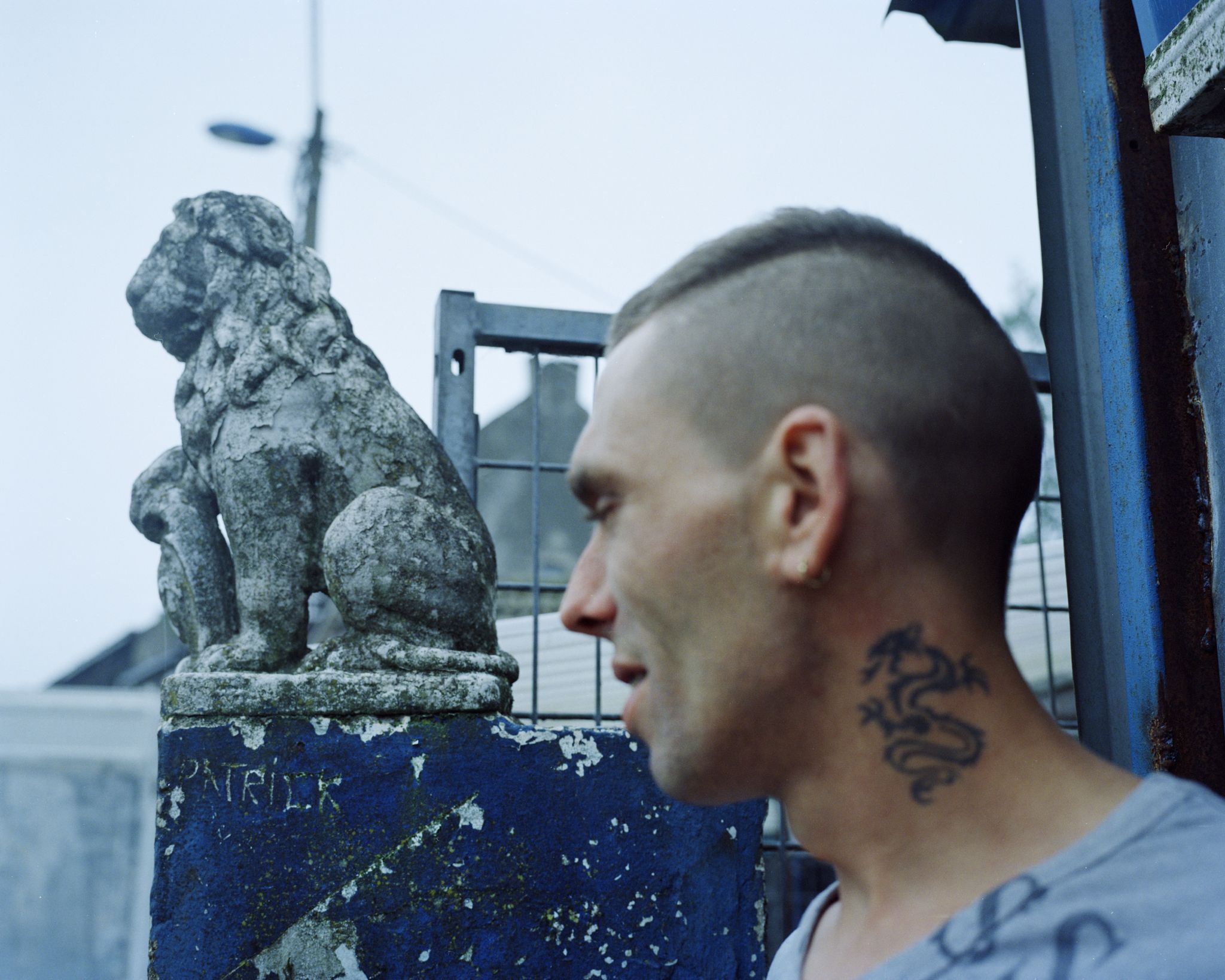
Cedric in his garden in Marchienne au Pont.
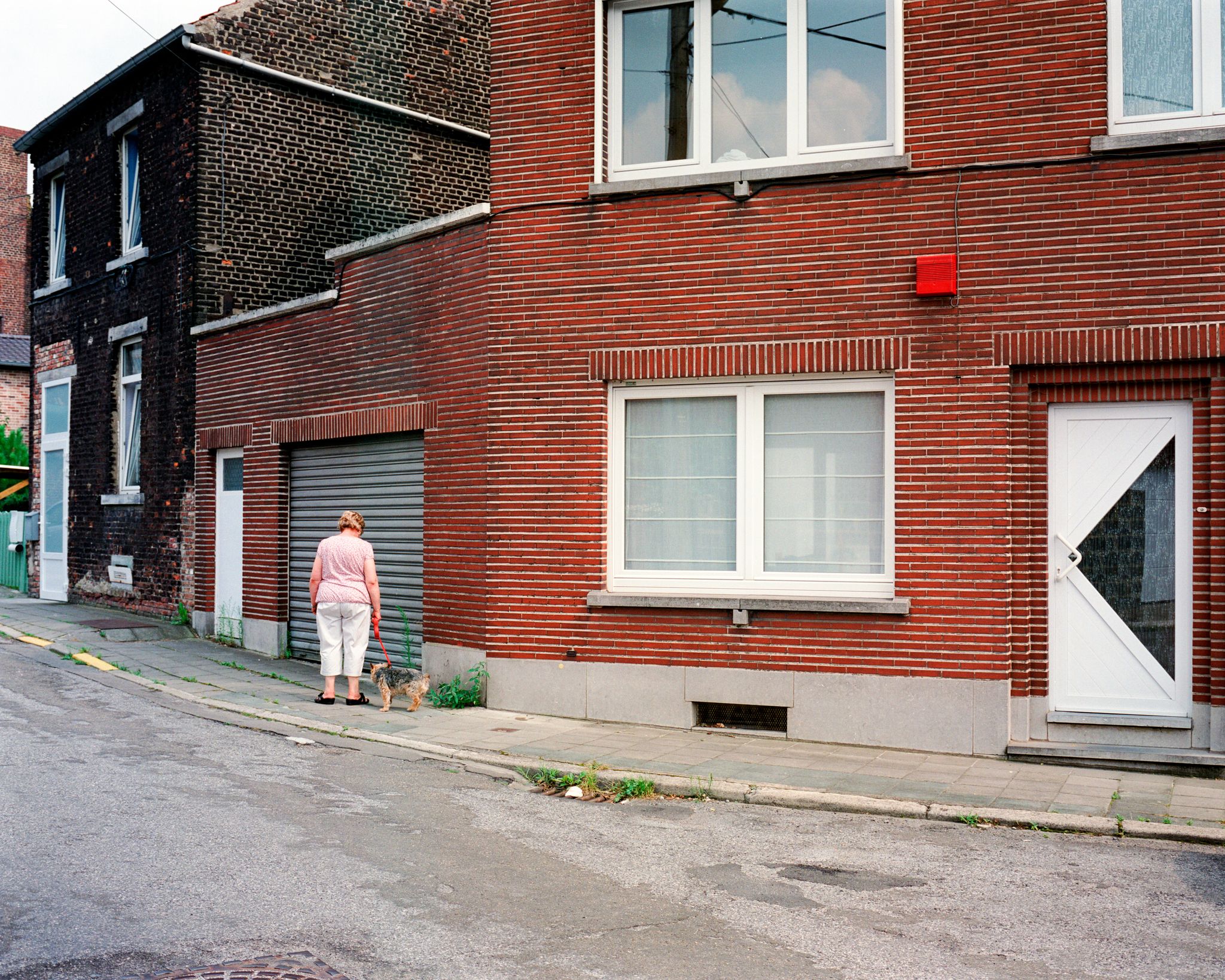
A street in Montignies-sur-Sambre.
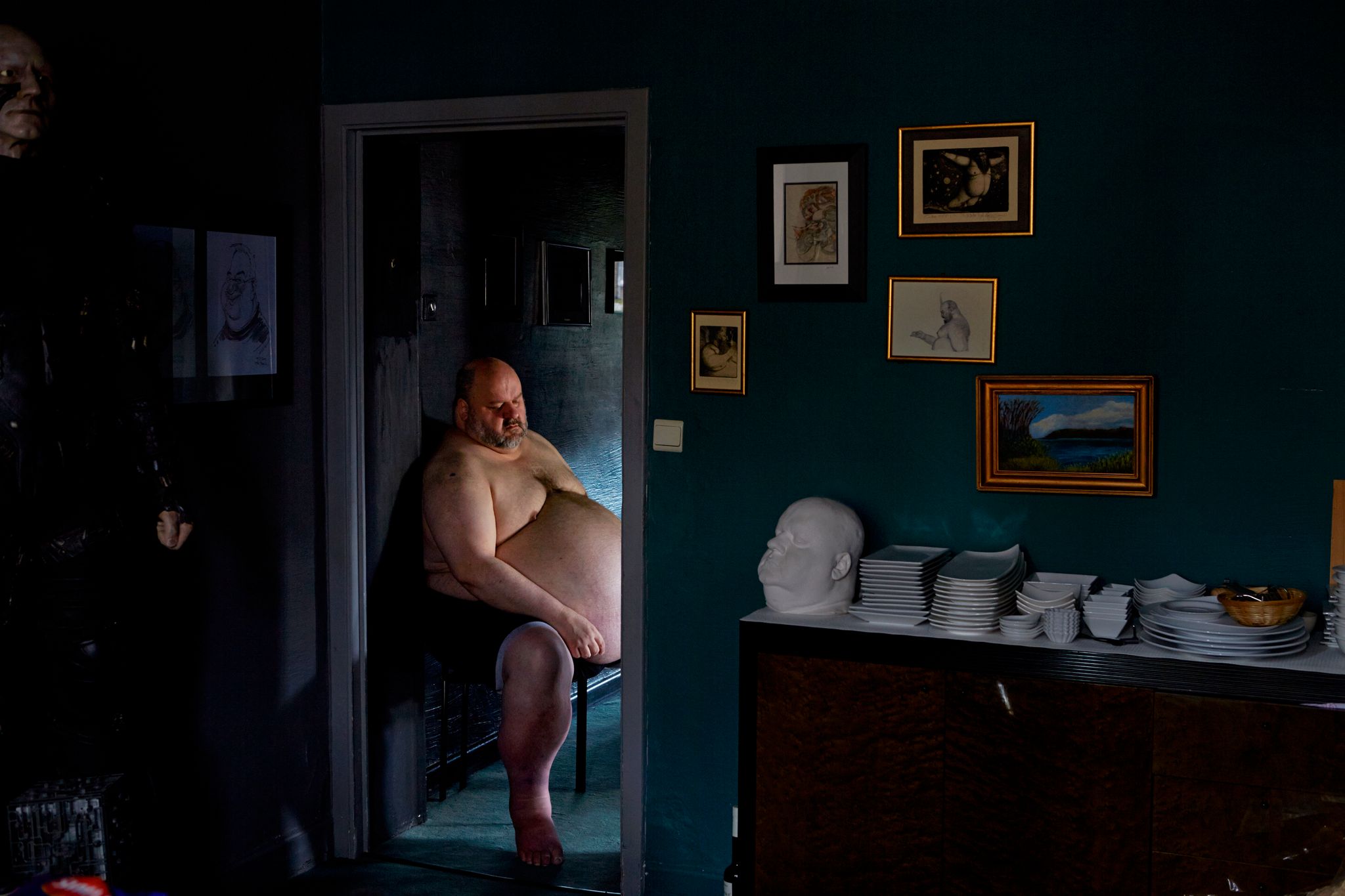
Philippe in his beautiful house in Marchienne au Pont.
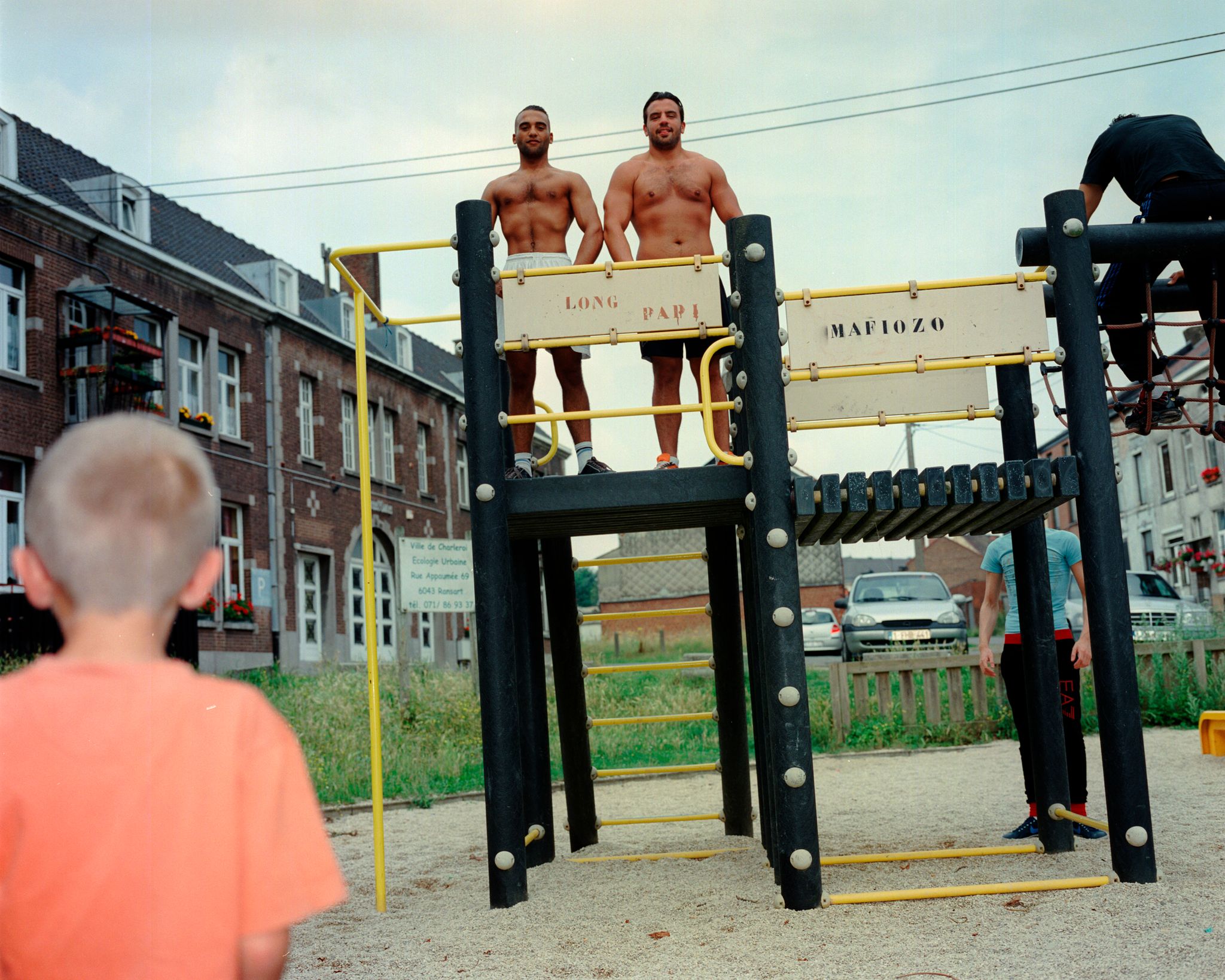
Working out in a playground in Montignies-sur-Sambre.
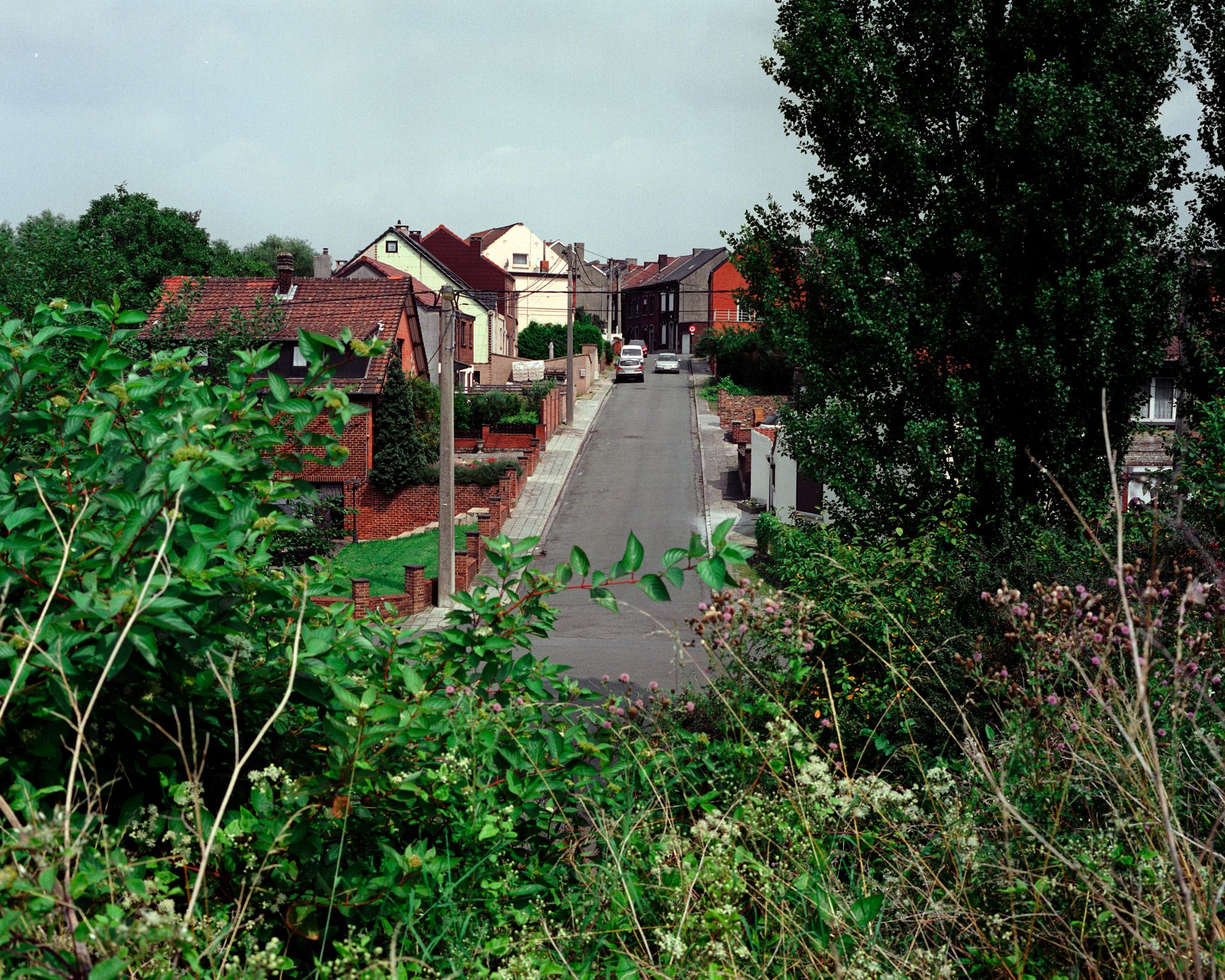
A street view in Montignies-sur-Sambre.
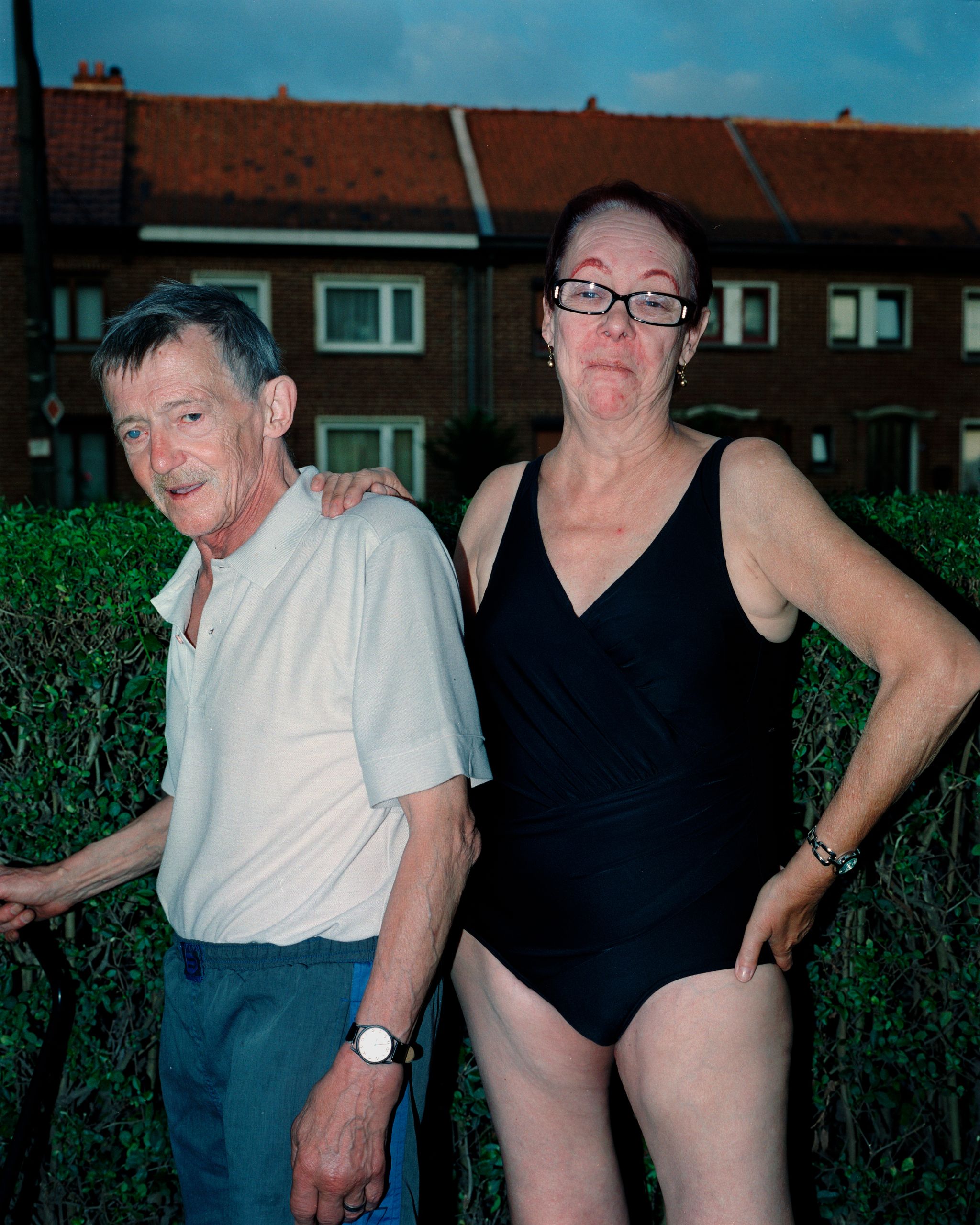
The husband of this couple was mowing the lawn.
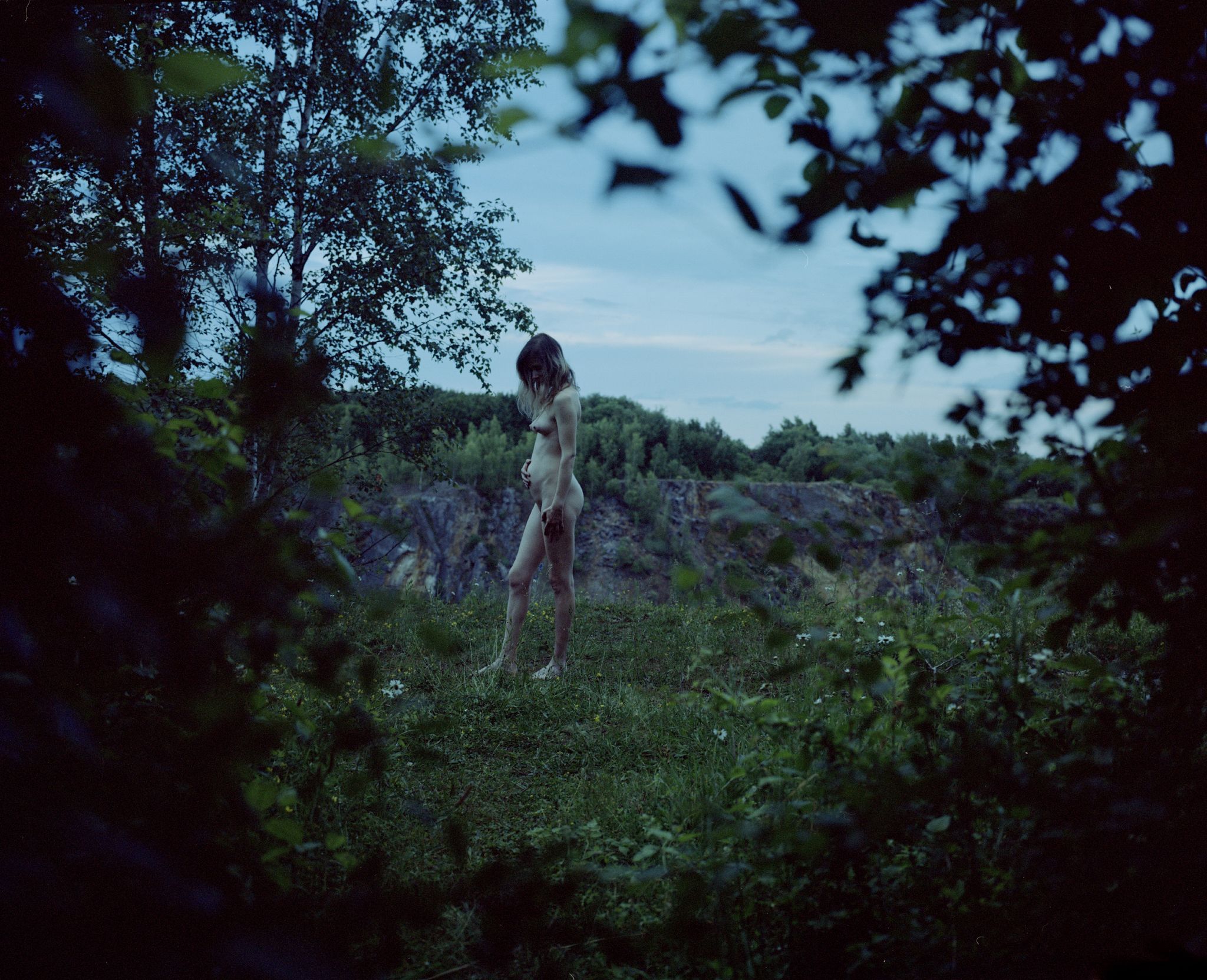
A new idea of Europe can be born again right here, where Europe is facing its end.
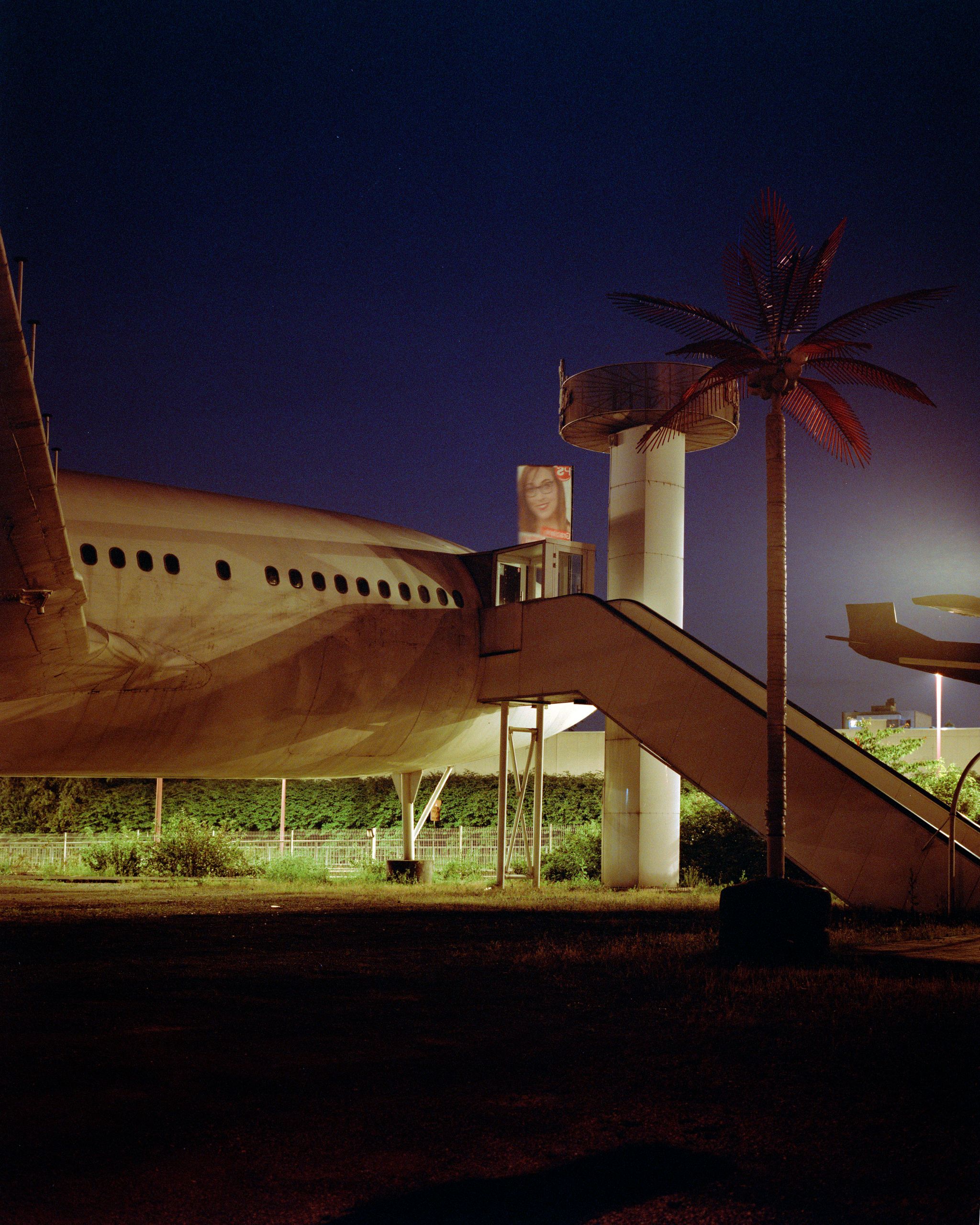
This old airplane, parked close to the Ring of Charleroi, houses a discoteque.
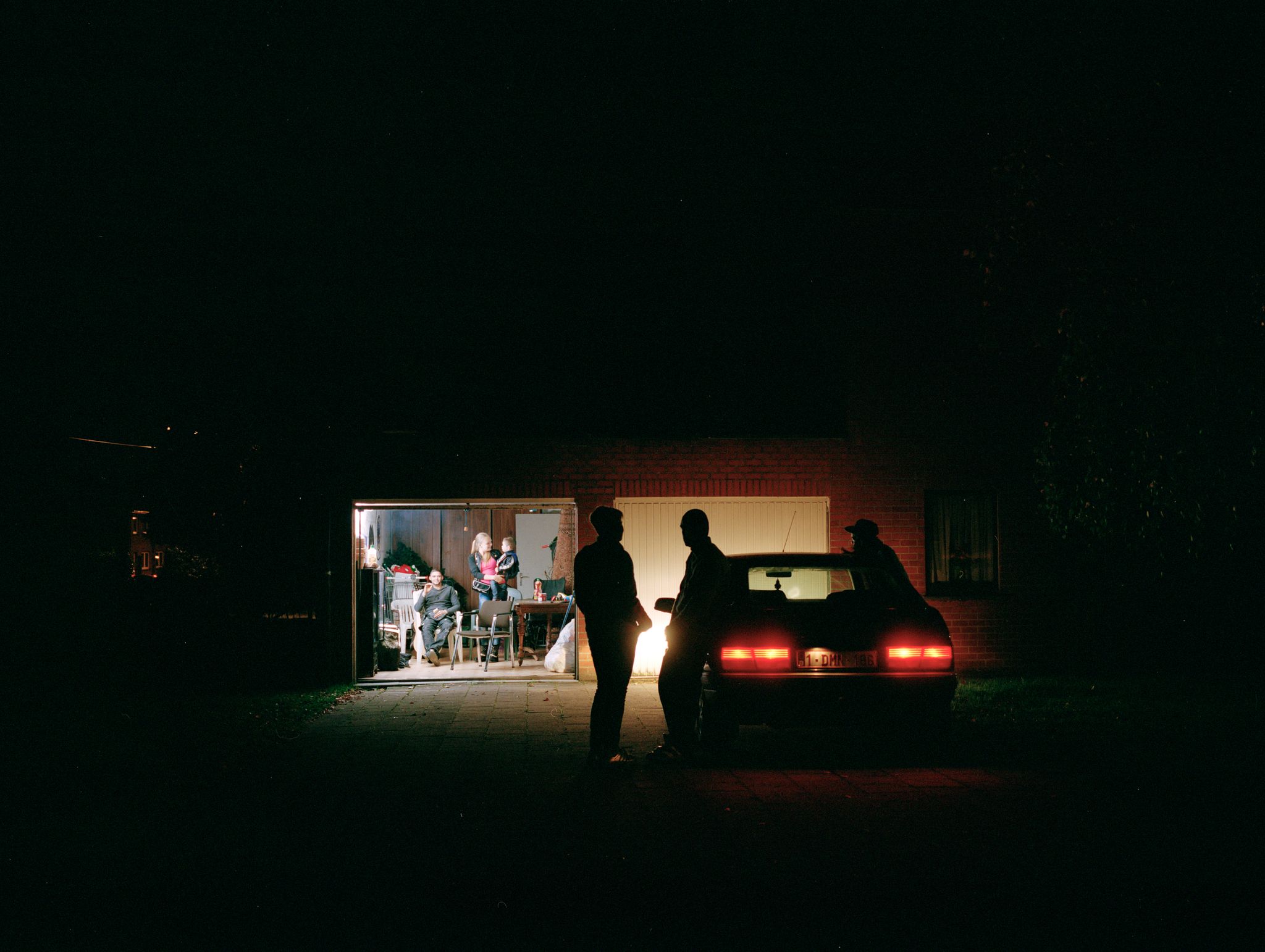
Friends hanging out in Goutroux.
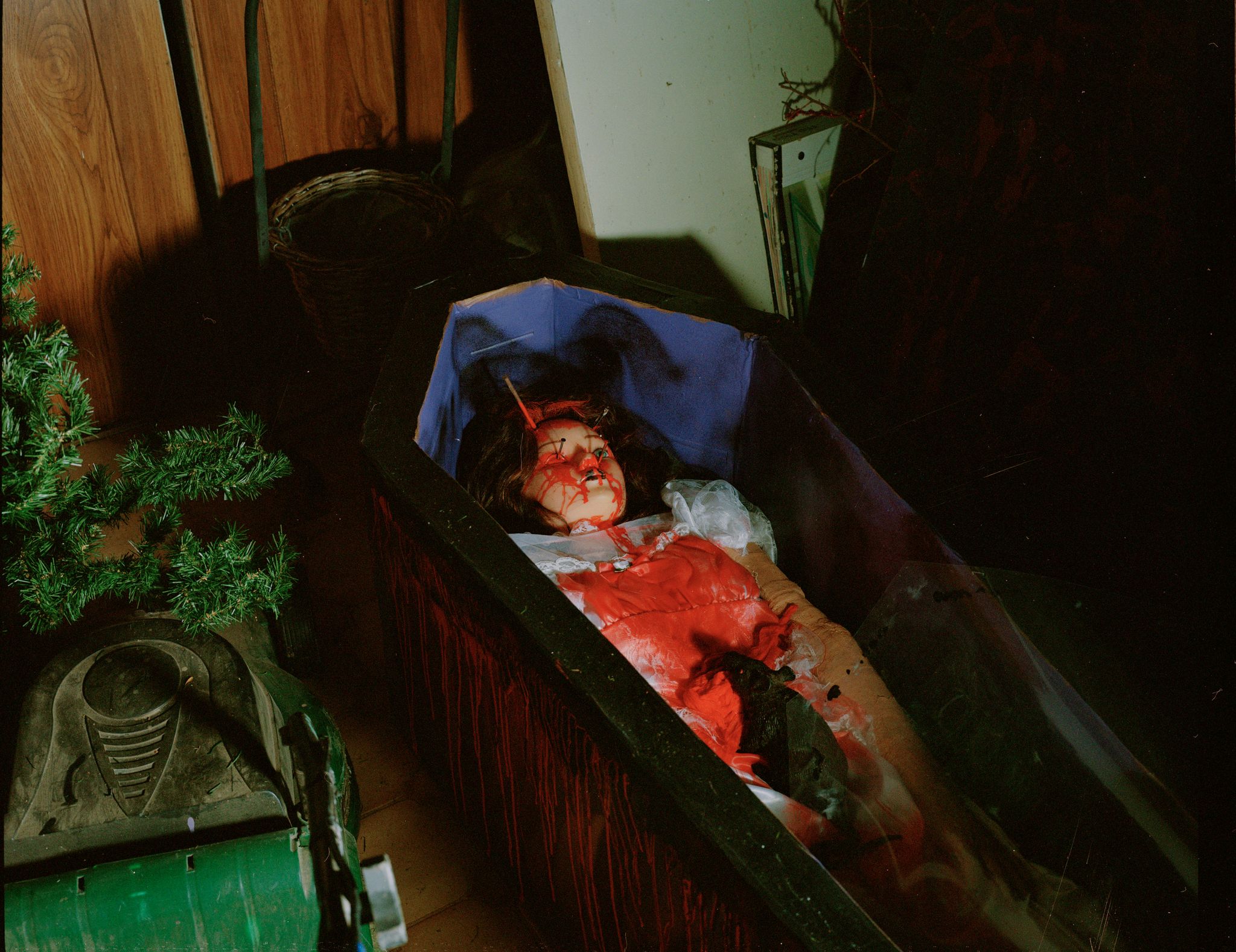
In a garage.
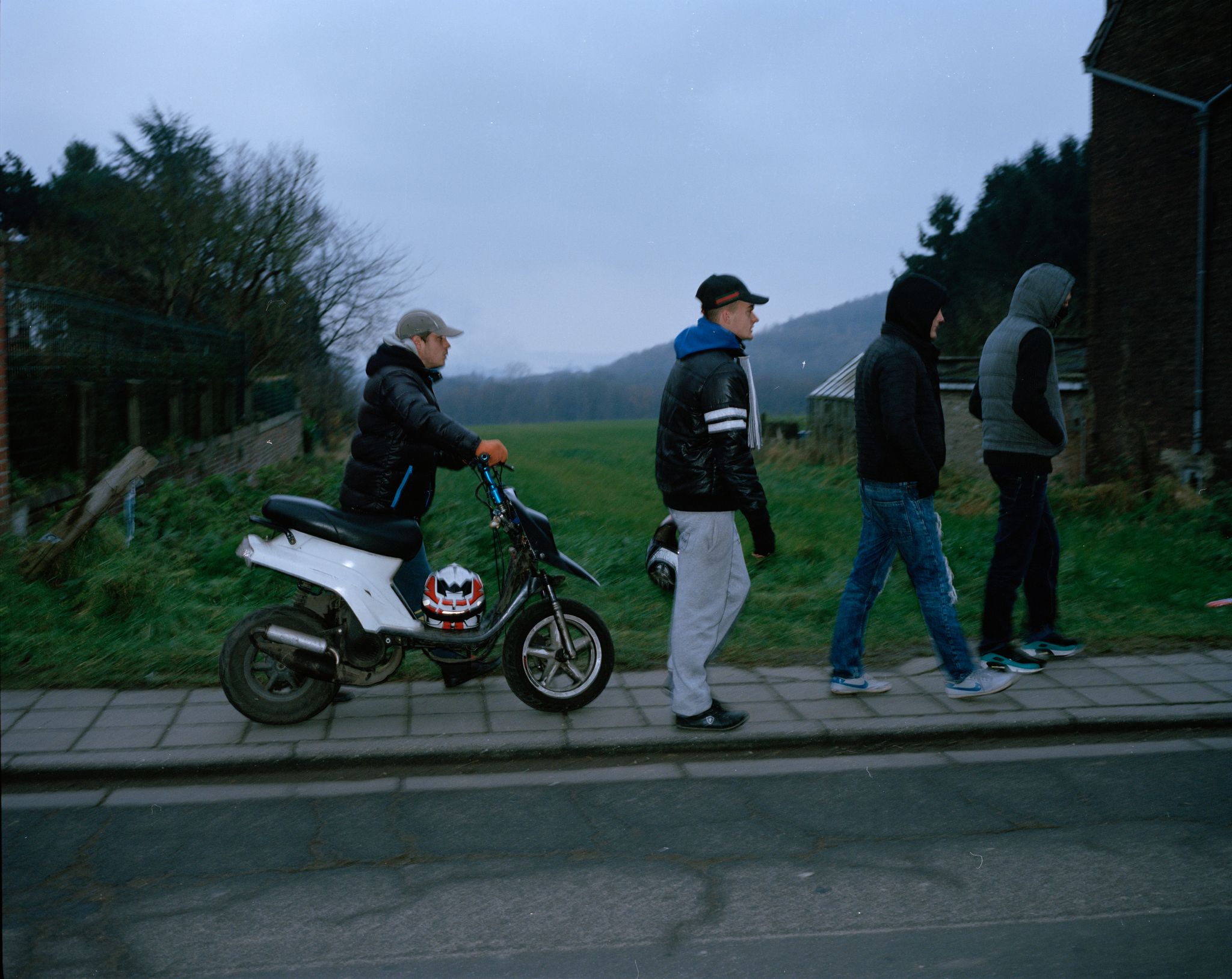
Walking home in Goutroux.
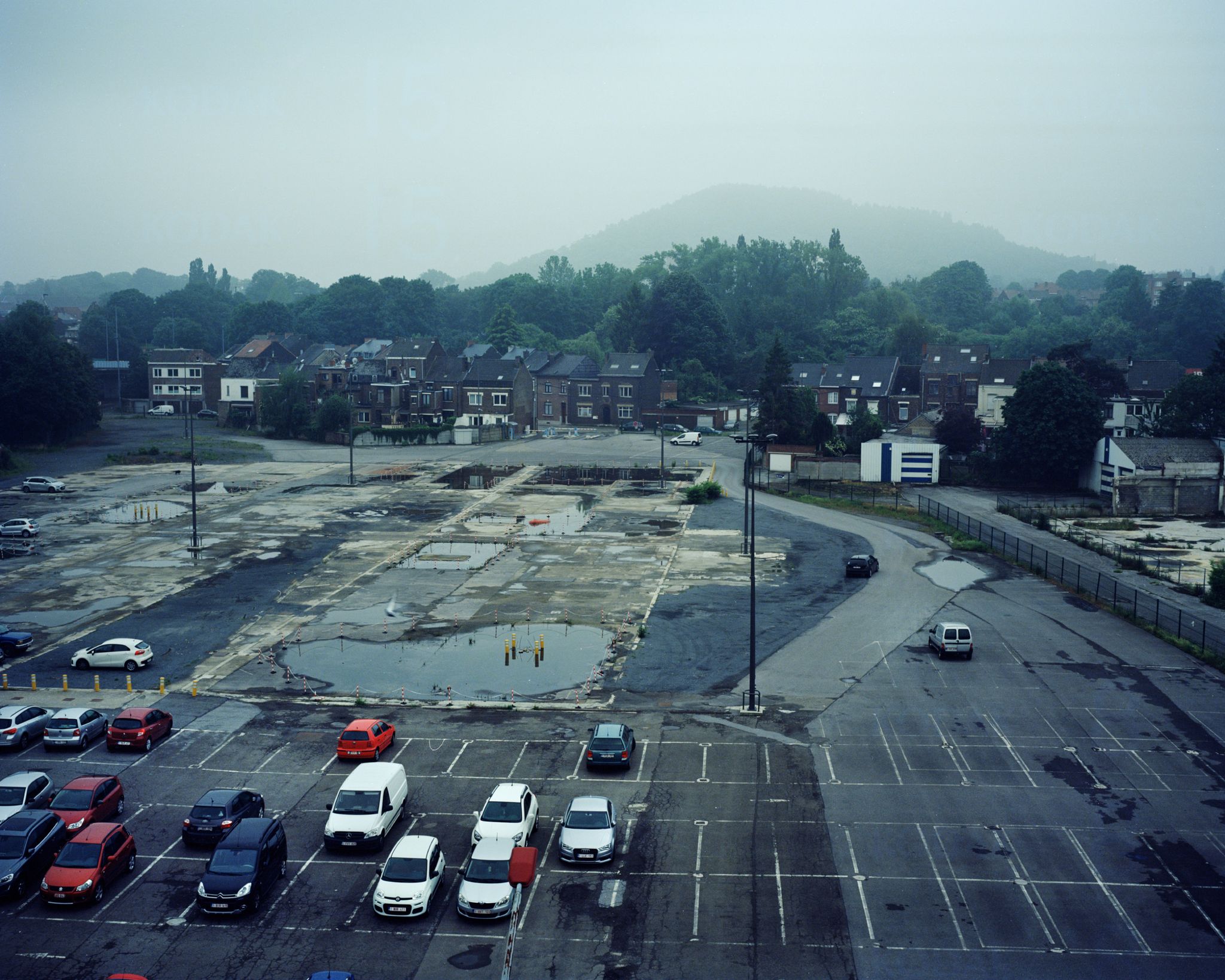
A car parking close to the train station; in the background one of artificial mountains, made by the coal mine waste that surround the city.
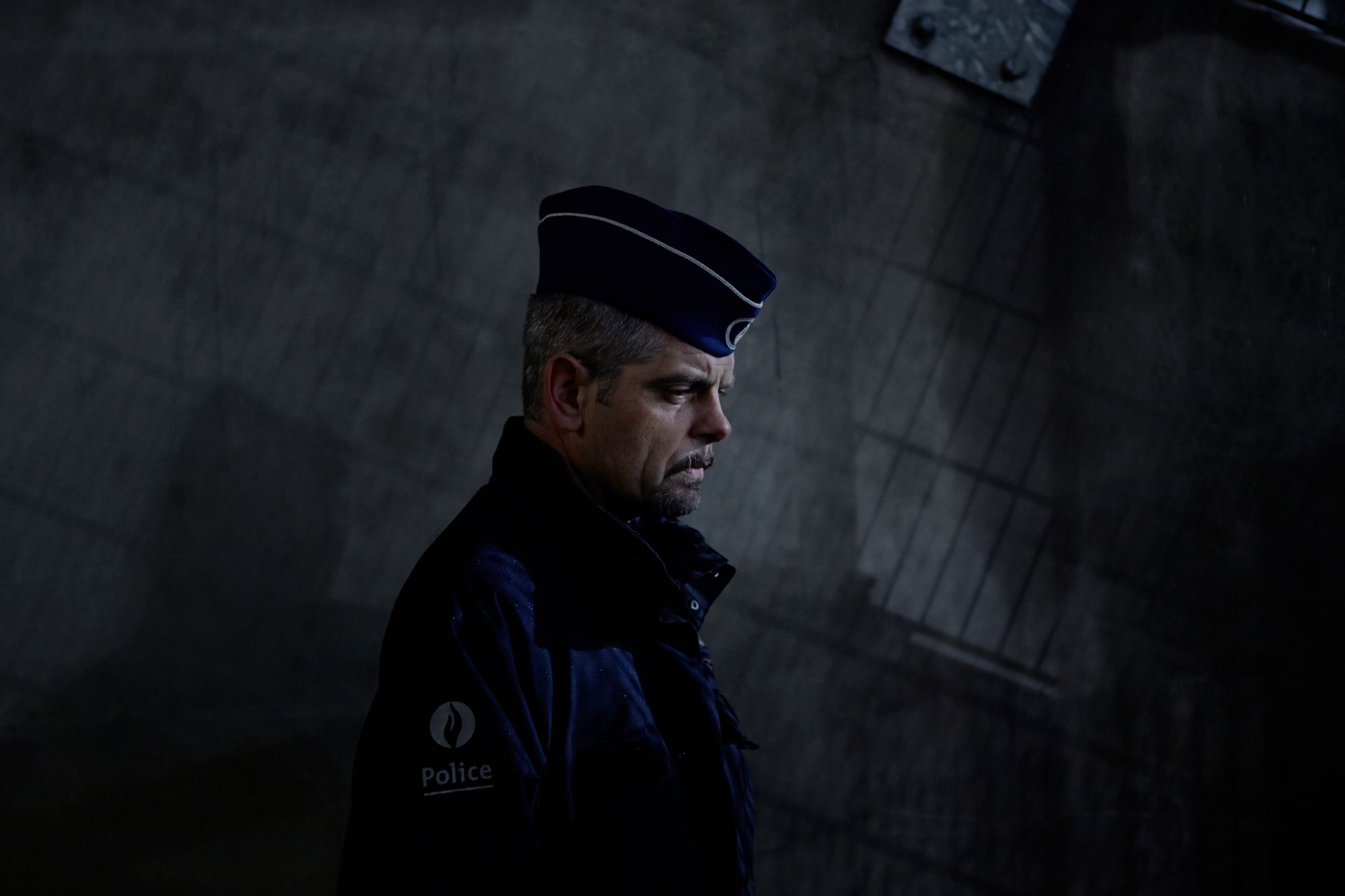
One of a thousand police officers of Charleroi.
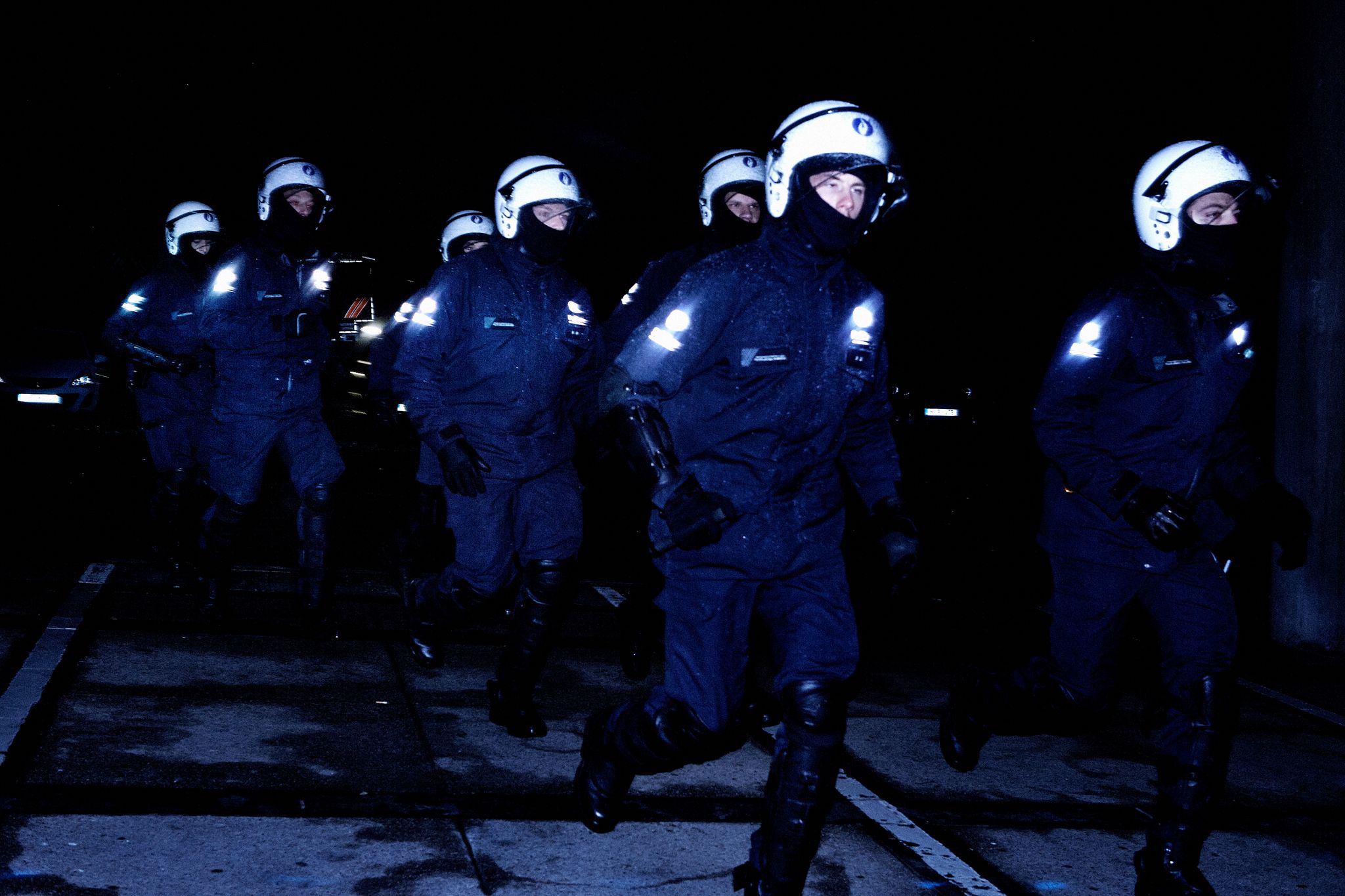
Police officers charging the hooligans. In Charleroi the highest building is the police station which is 75m high.
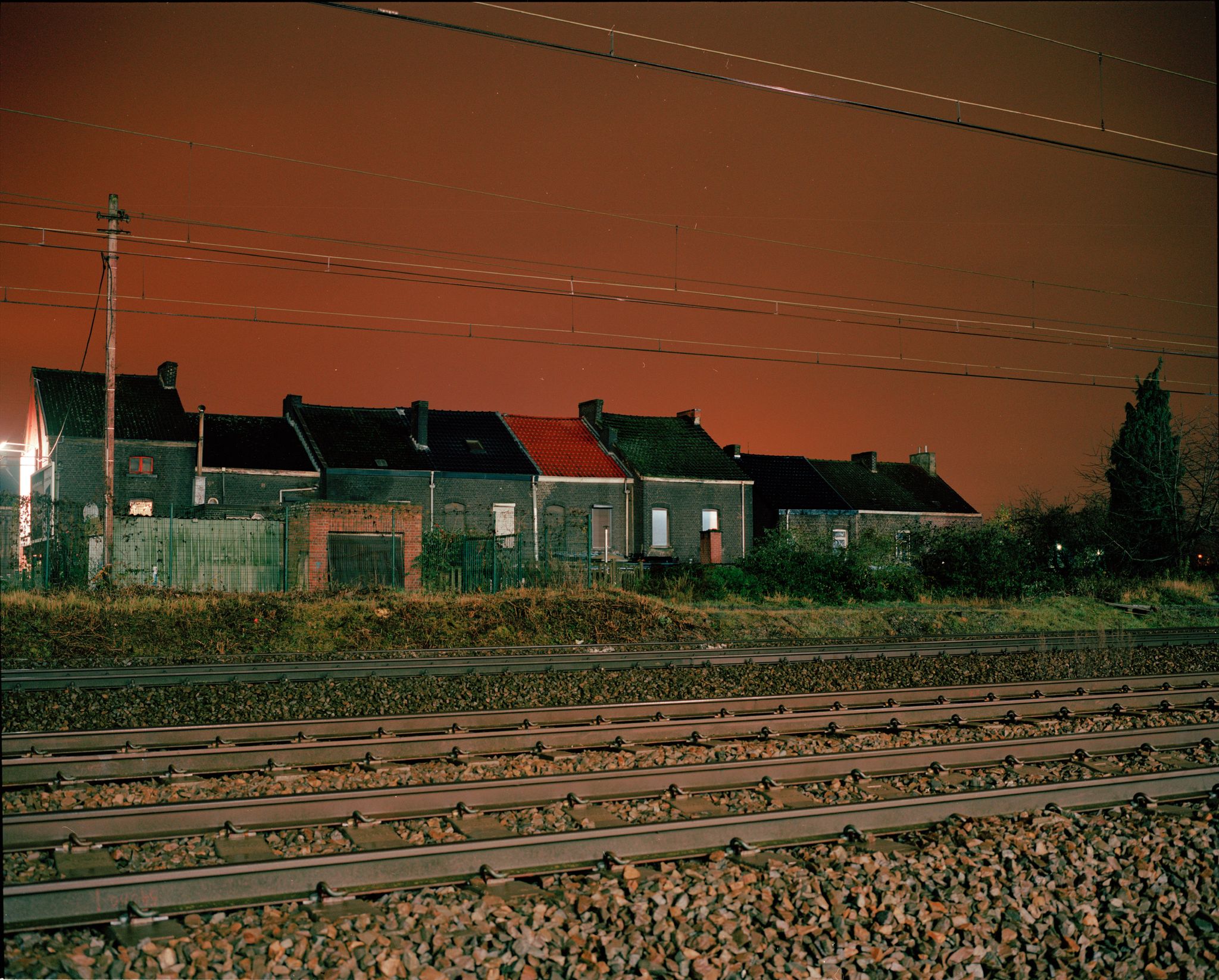
A steet view of Marcinelle by night.
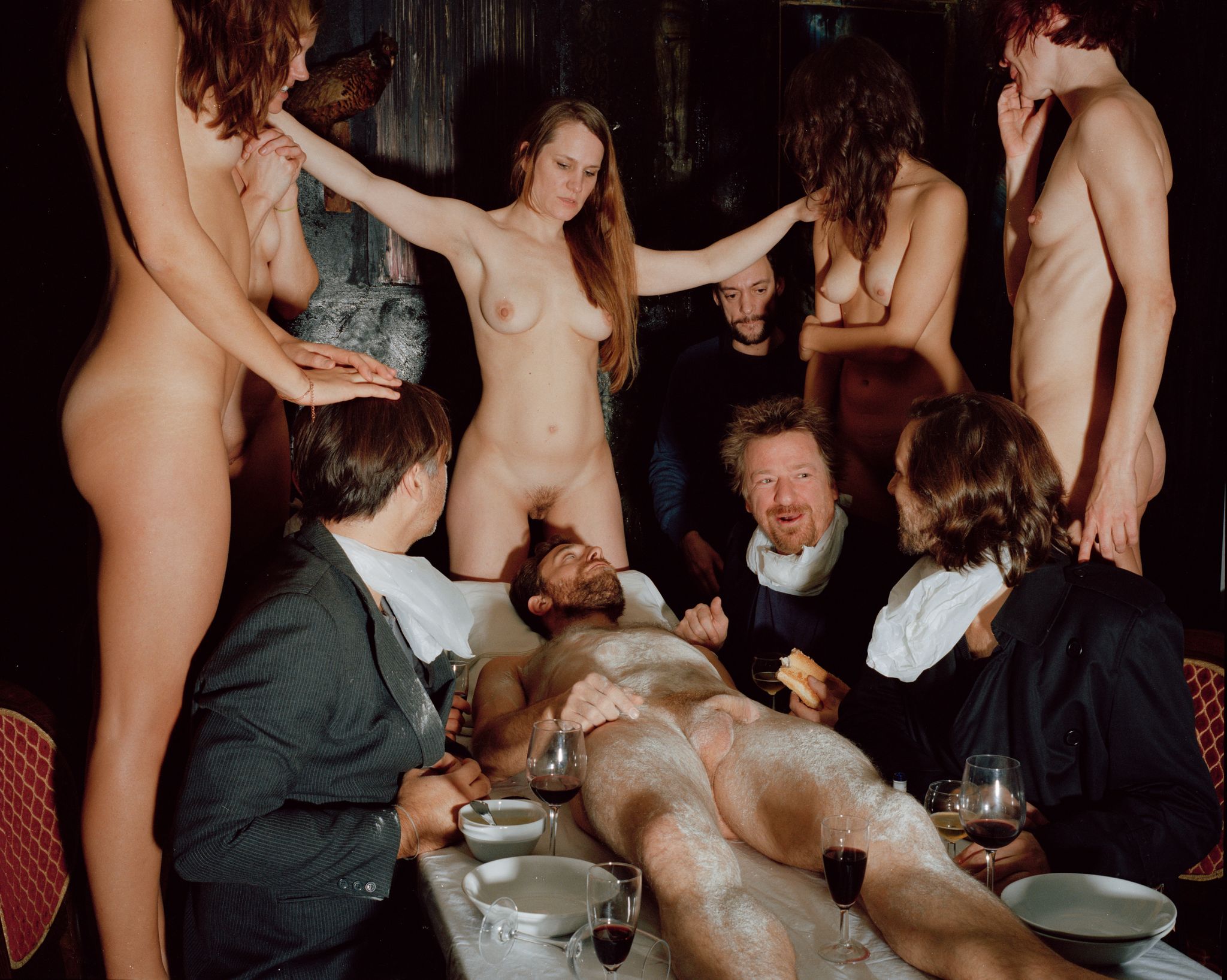
Vadim, a painter who uses live models, creates a work inspired by an existing painting in his studio in Molenbeek.
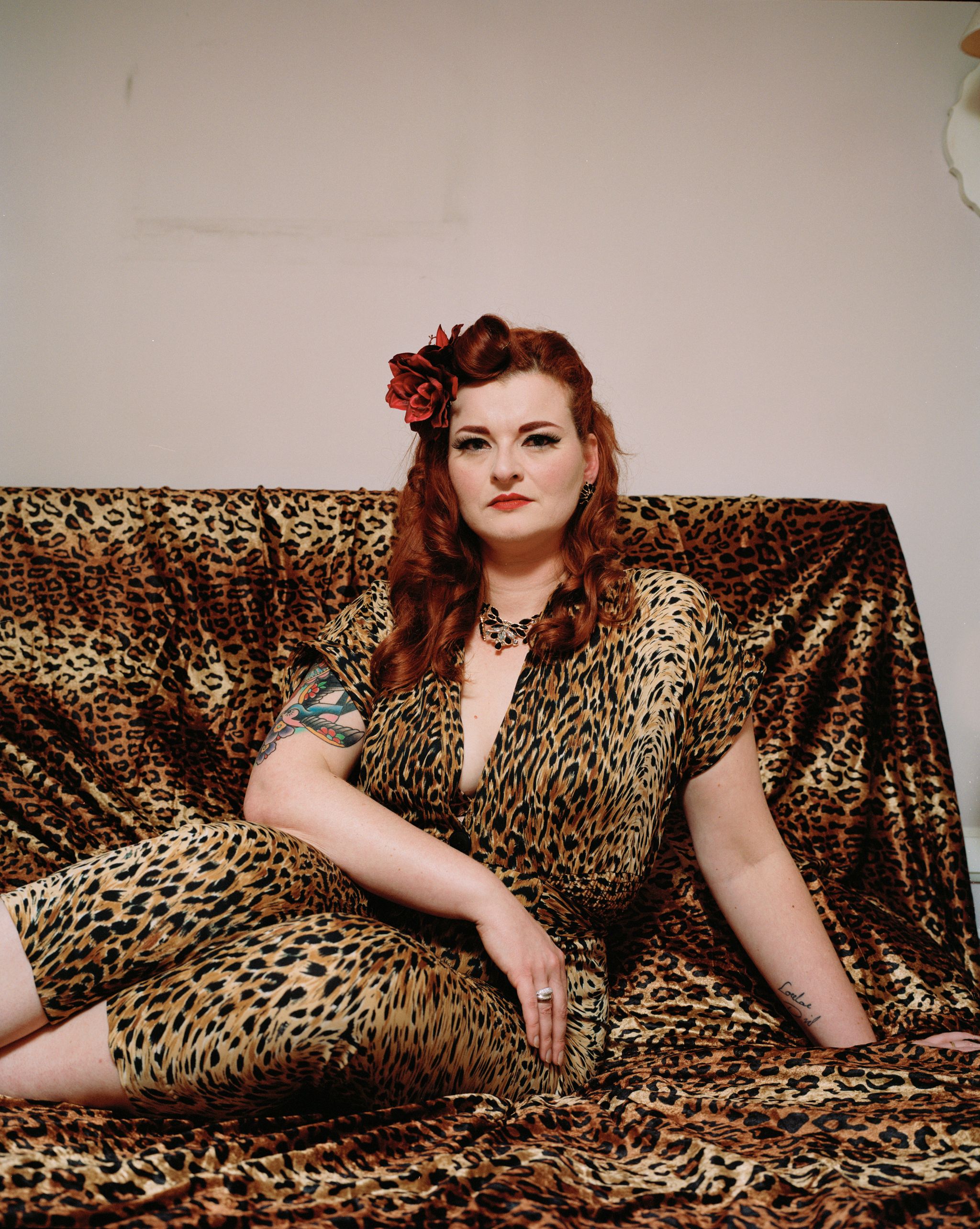
Magali likes to be photographed by her husband on improvised sets.
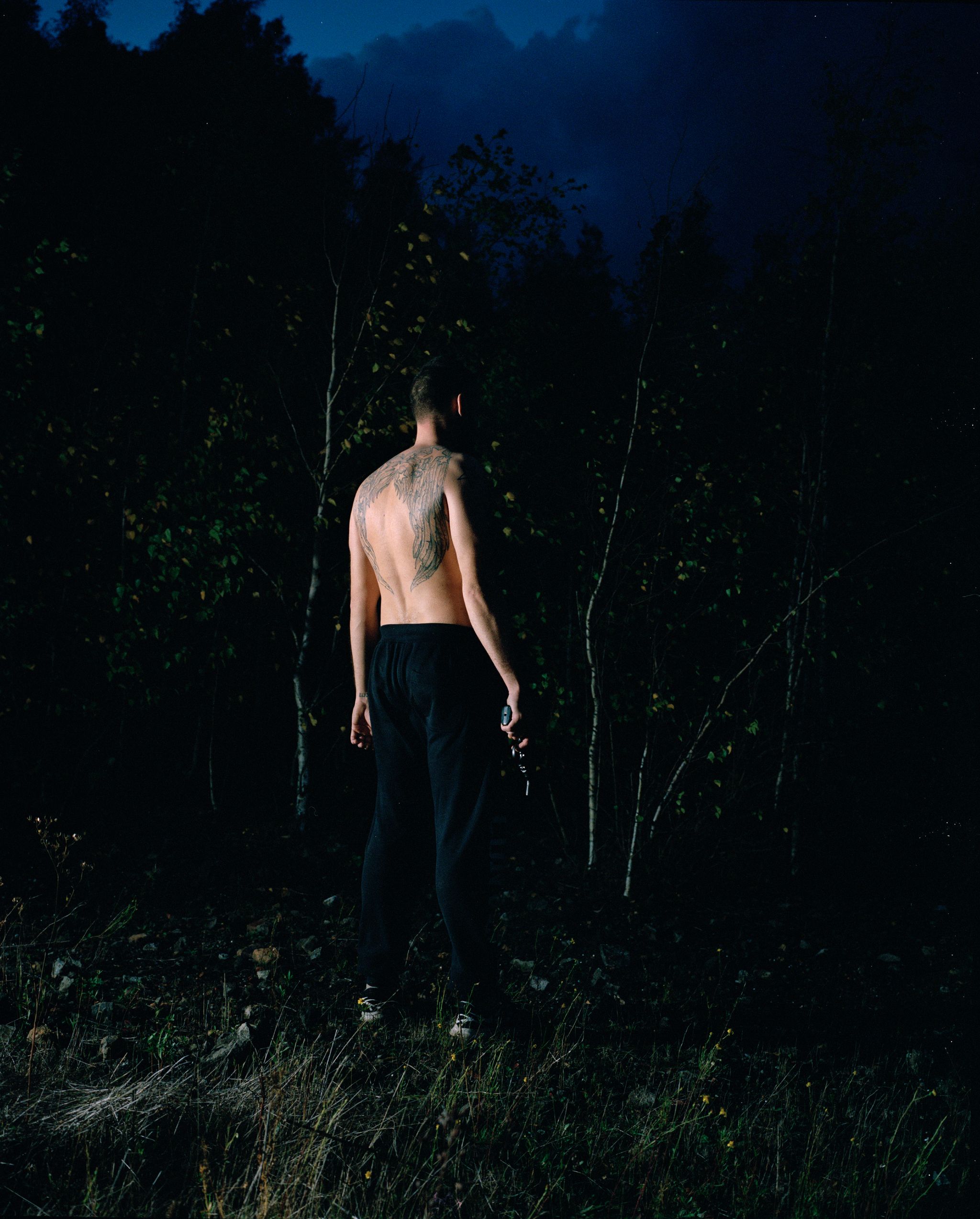
J keeps his gun hidden in a box in the woods.